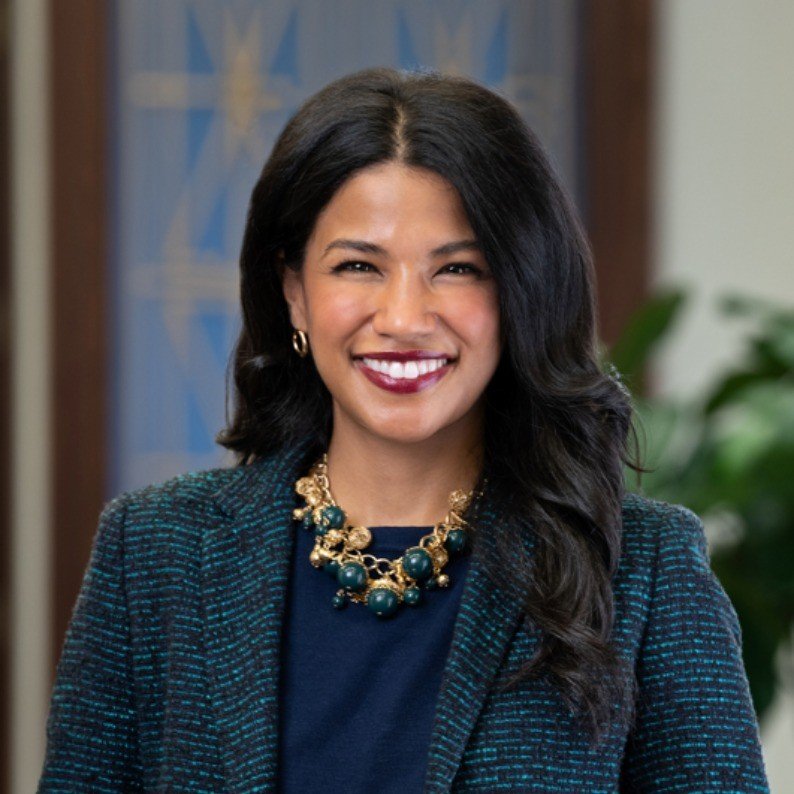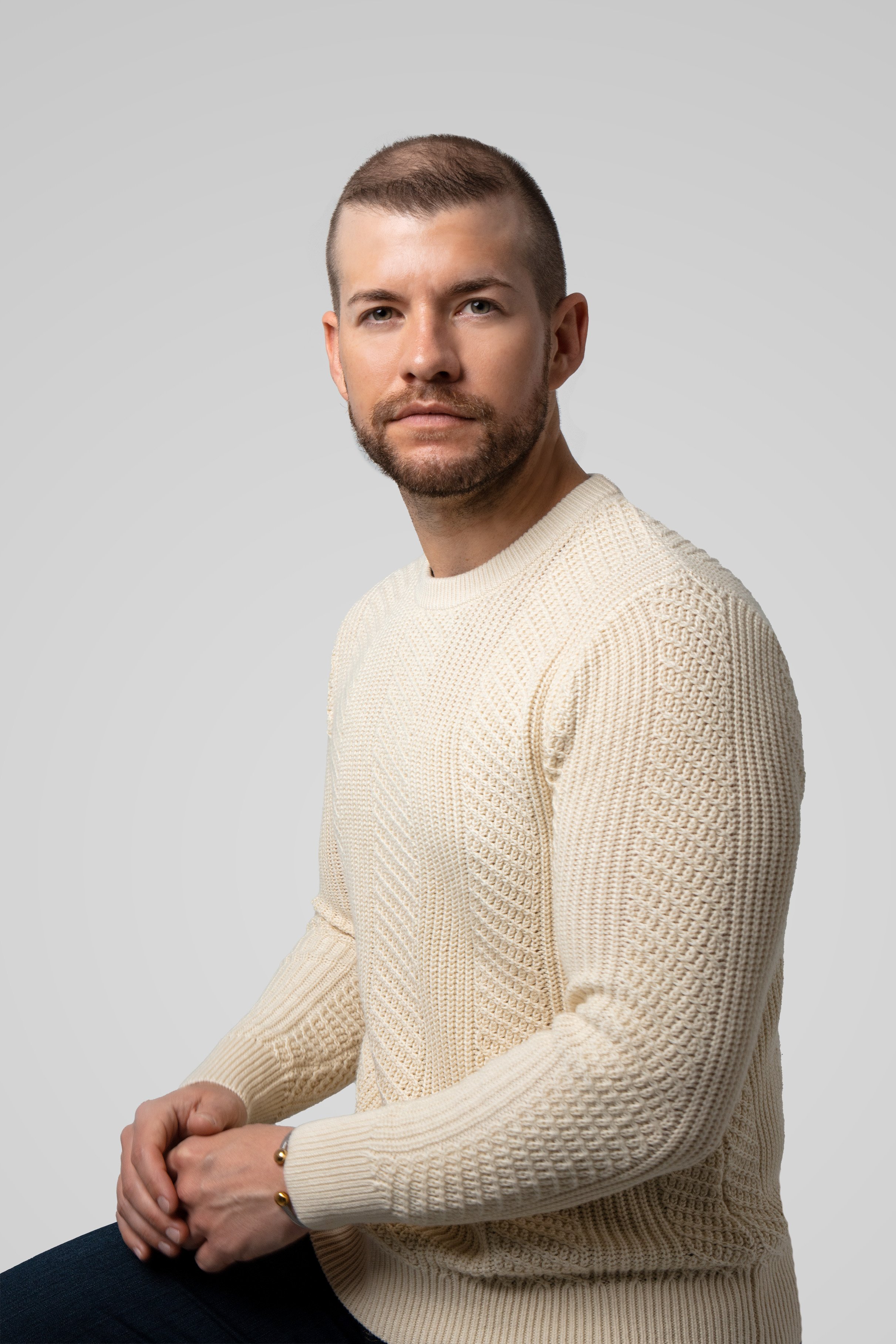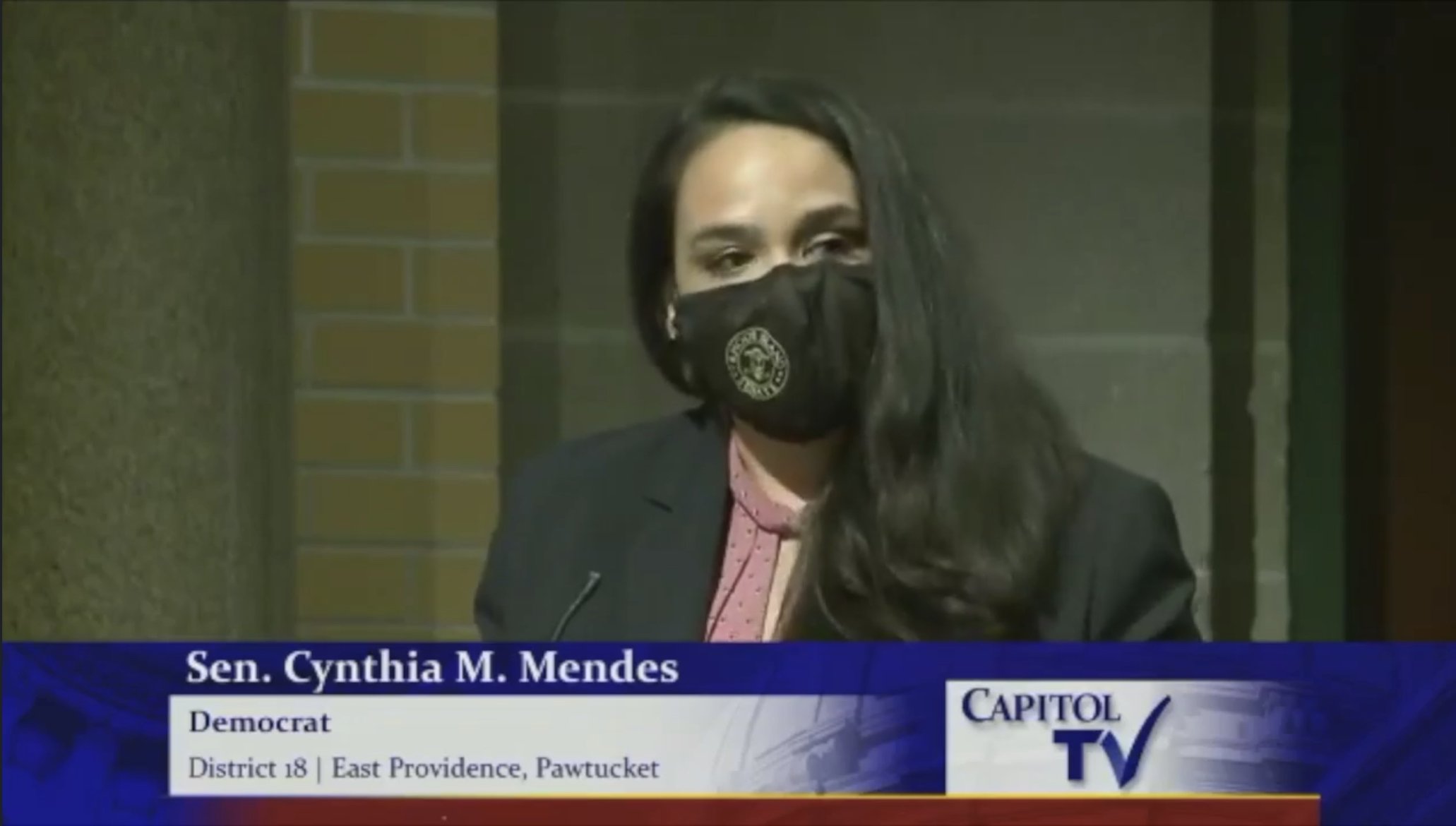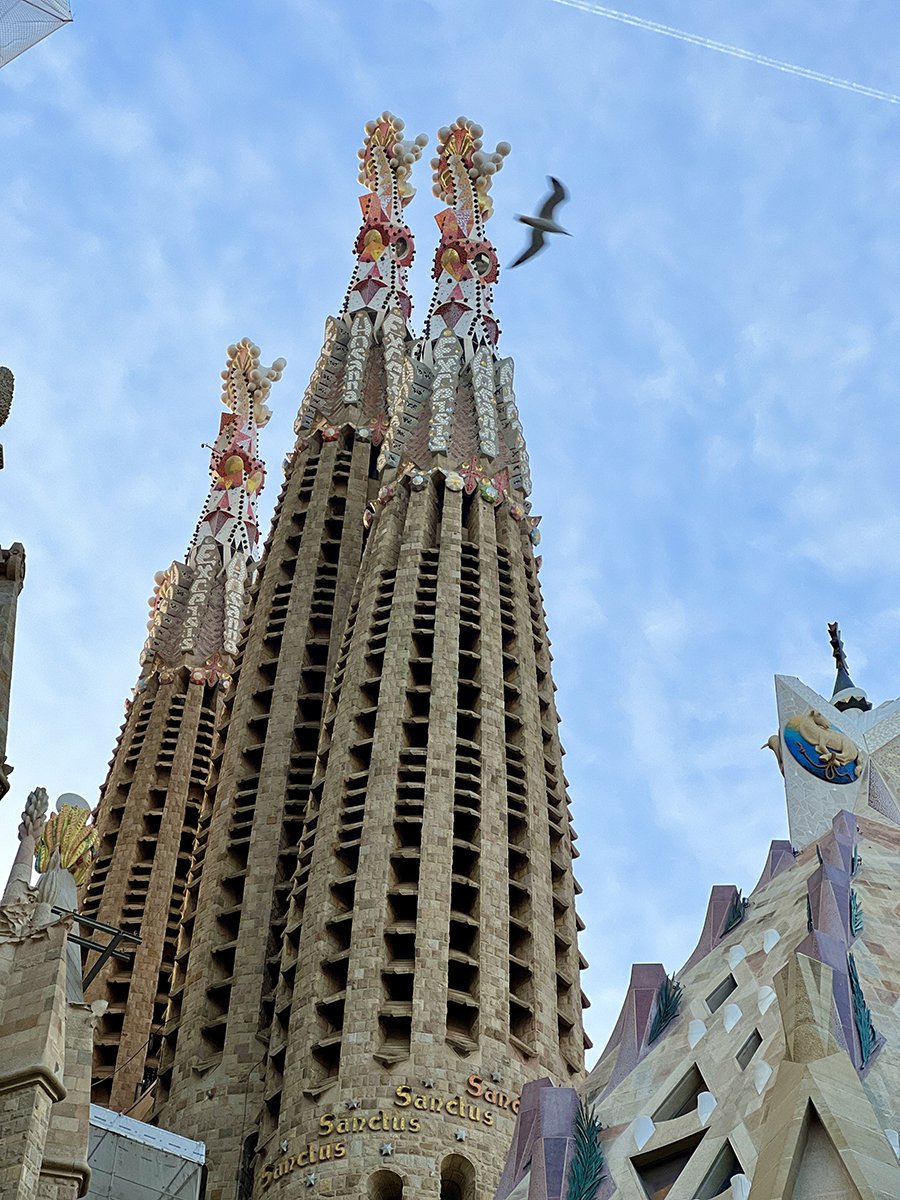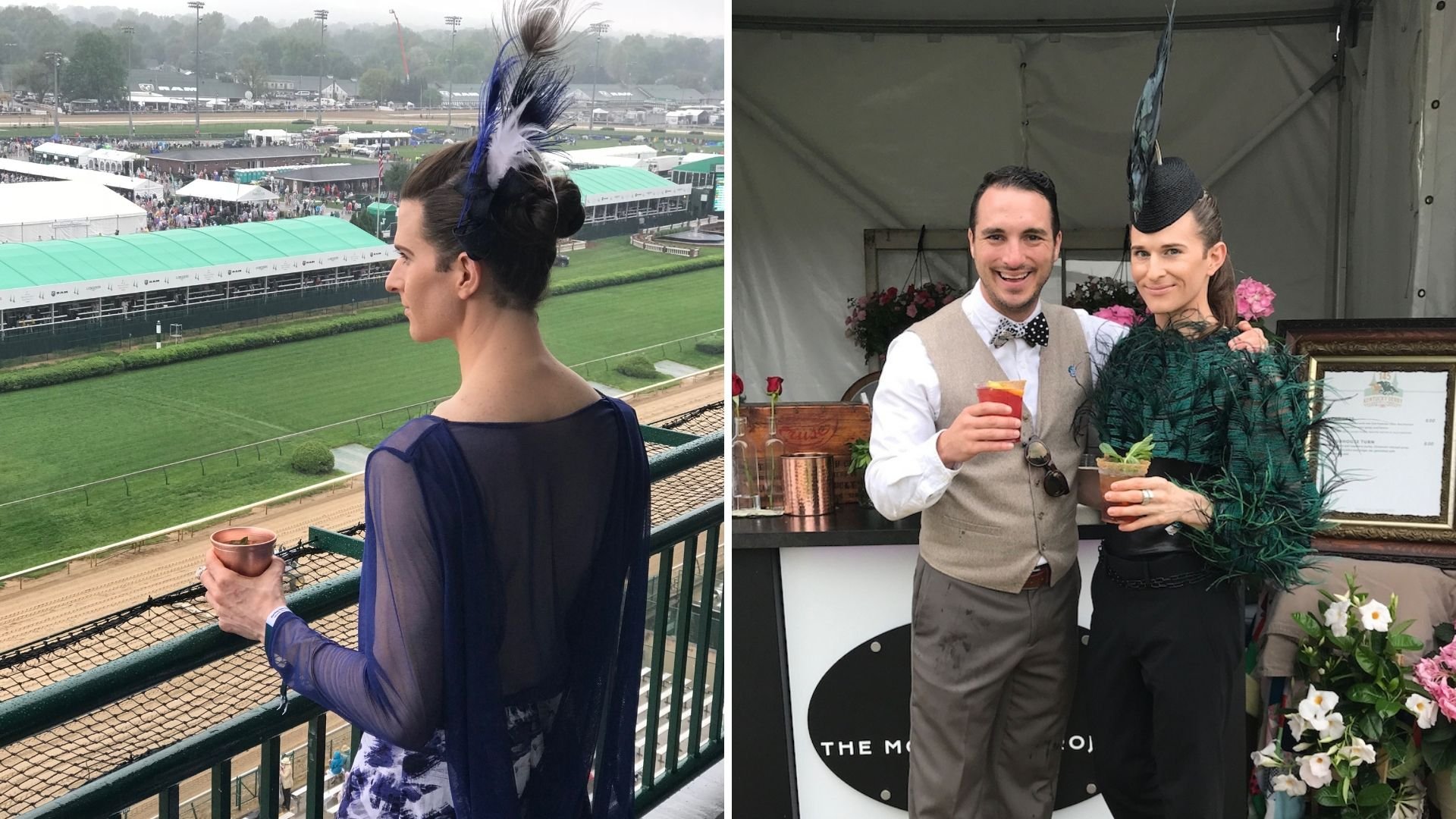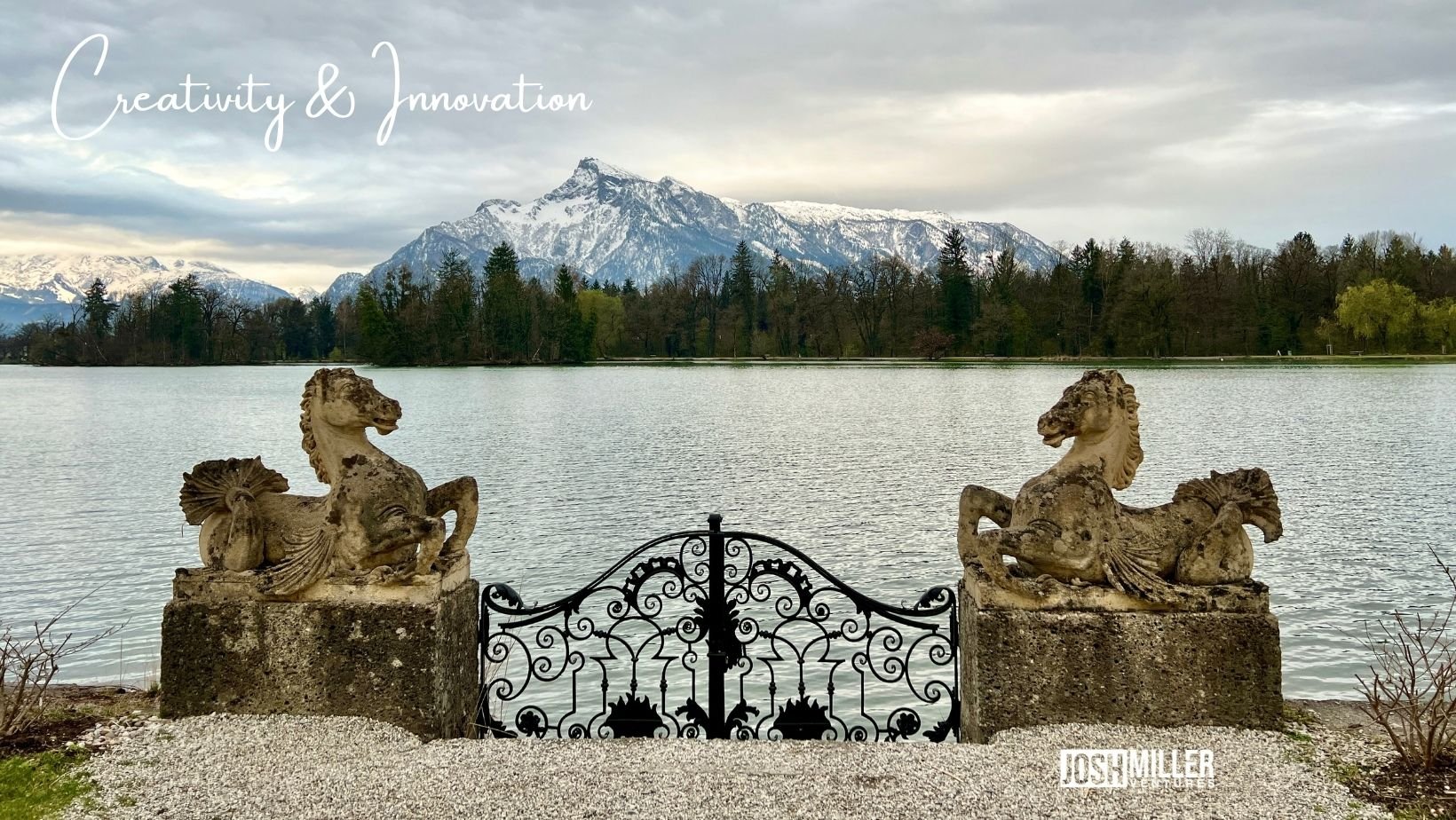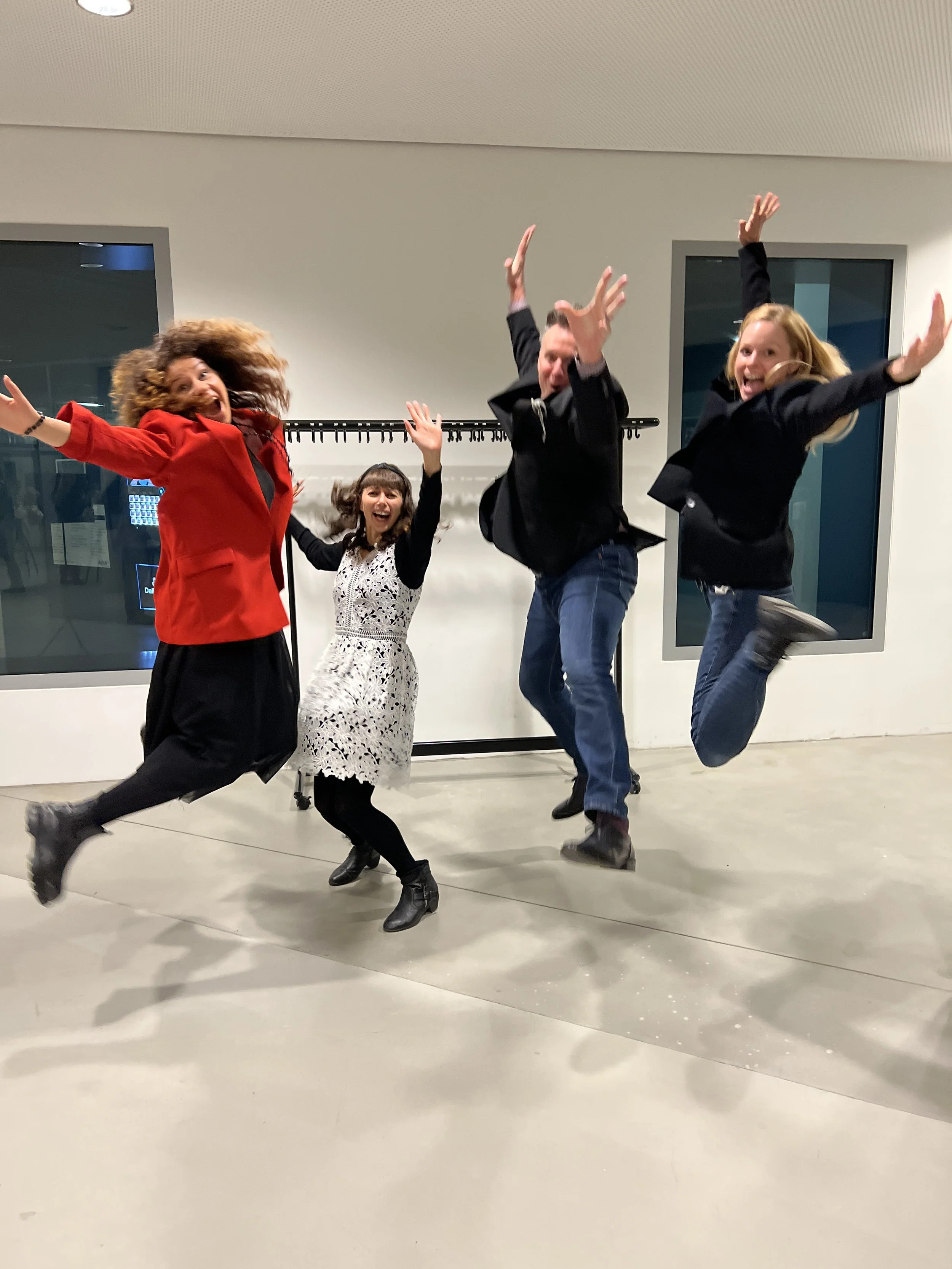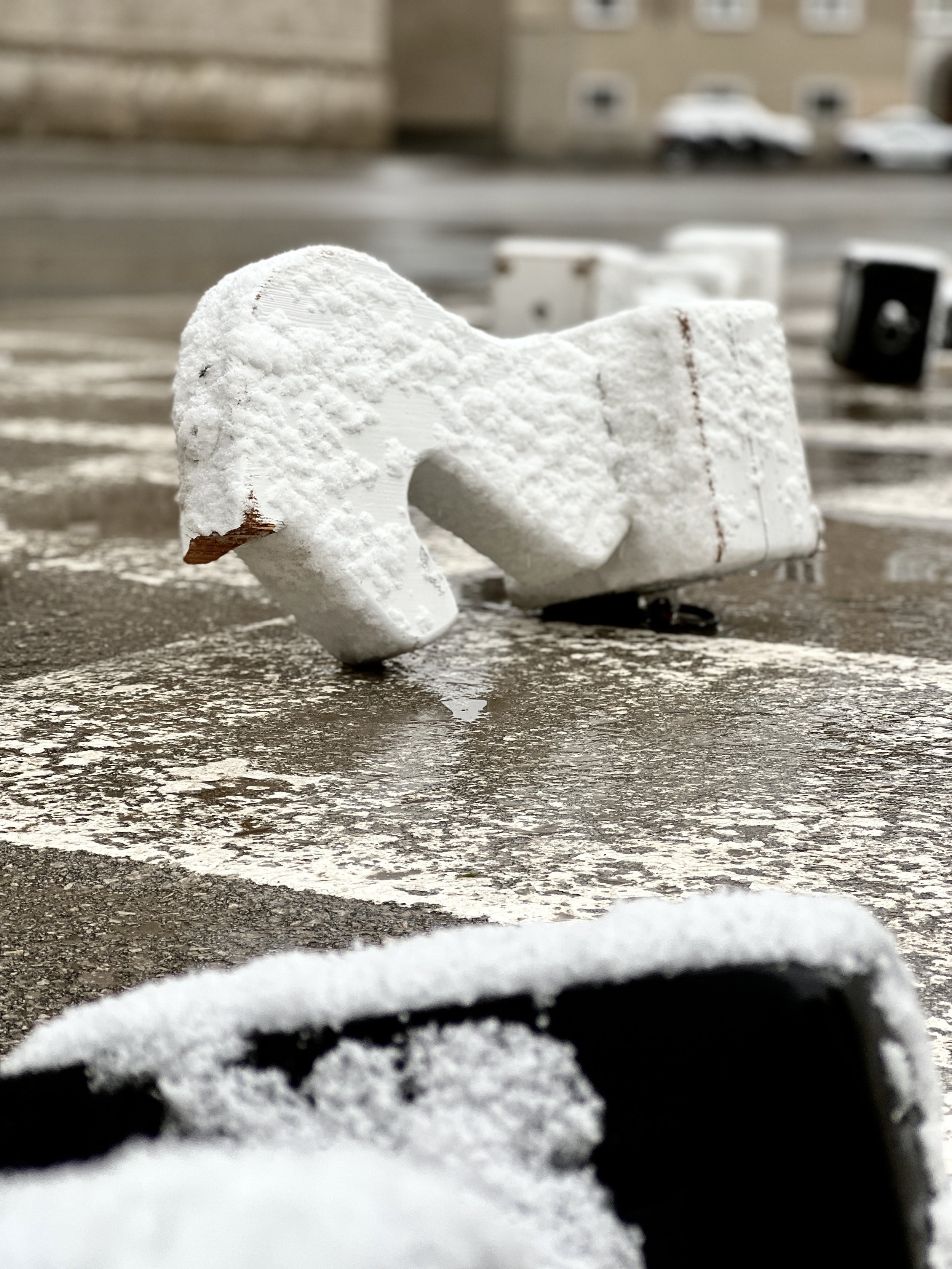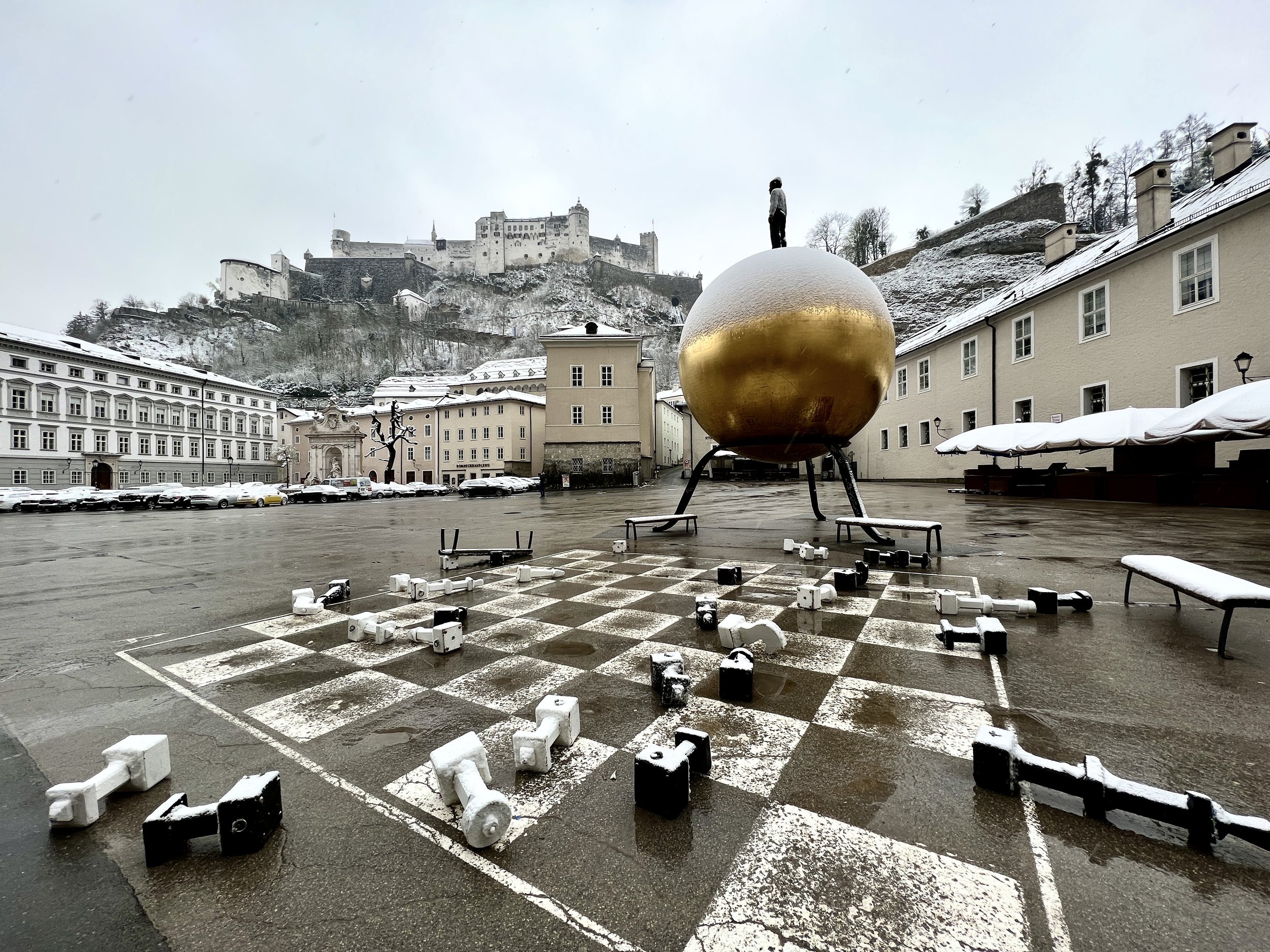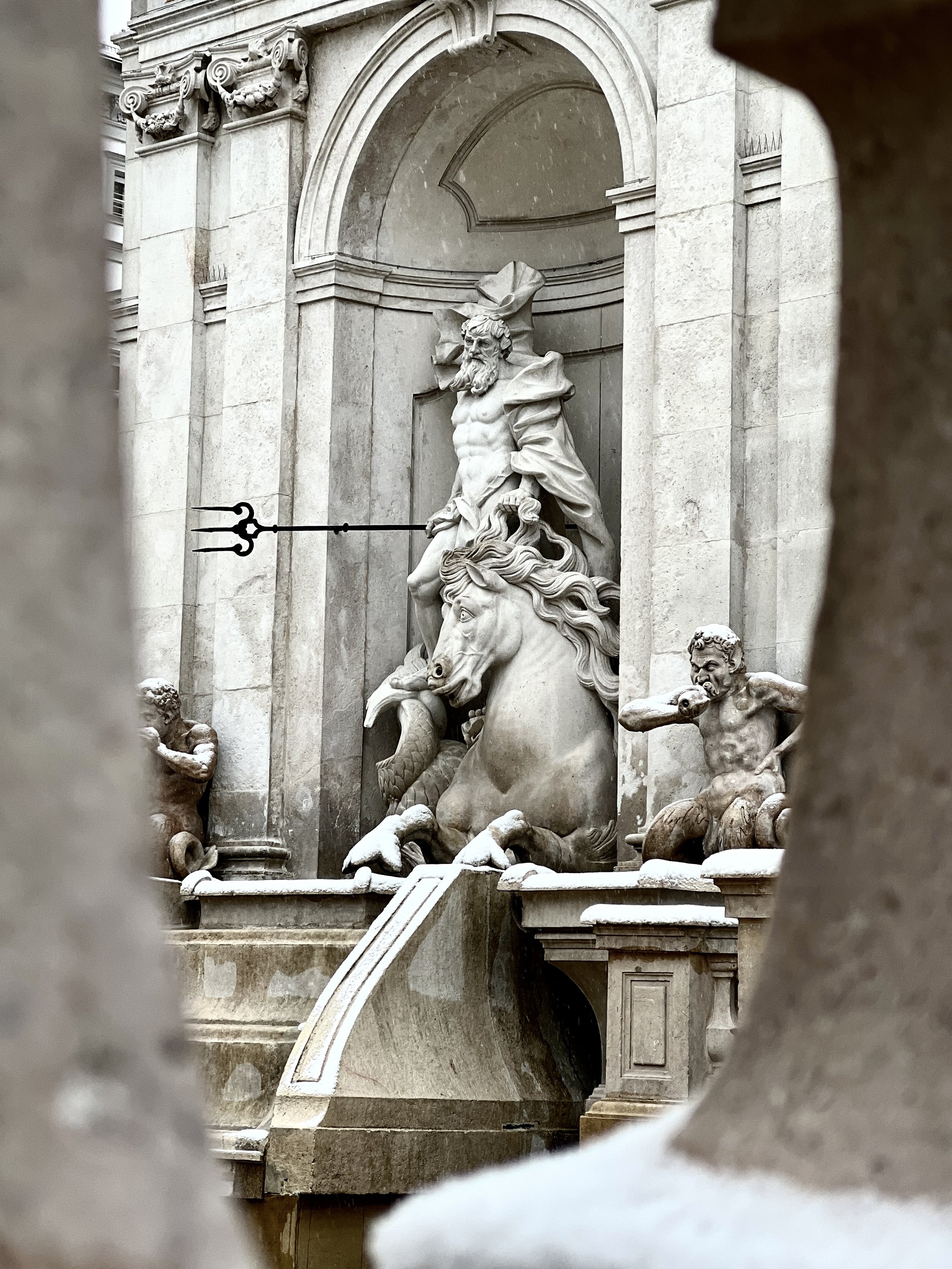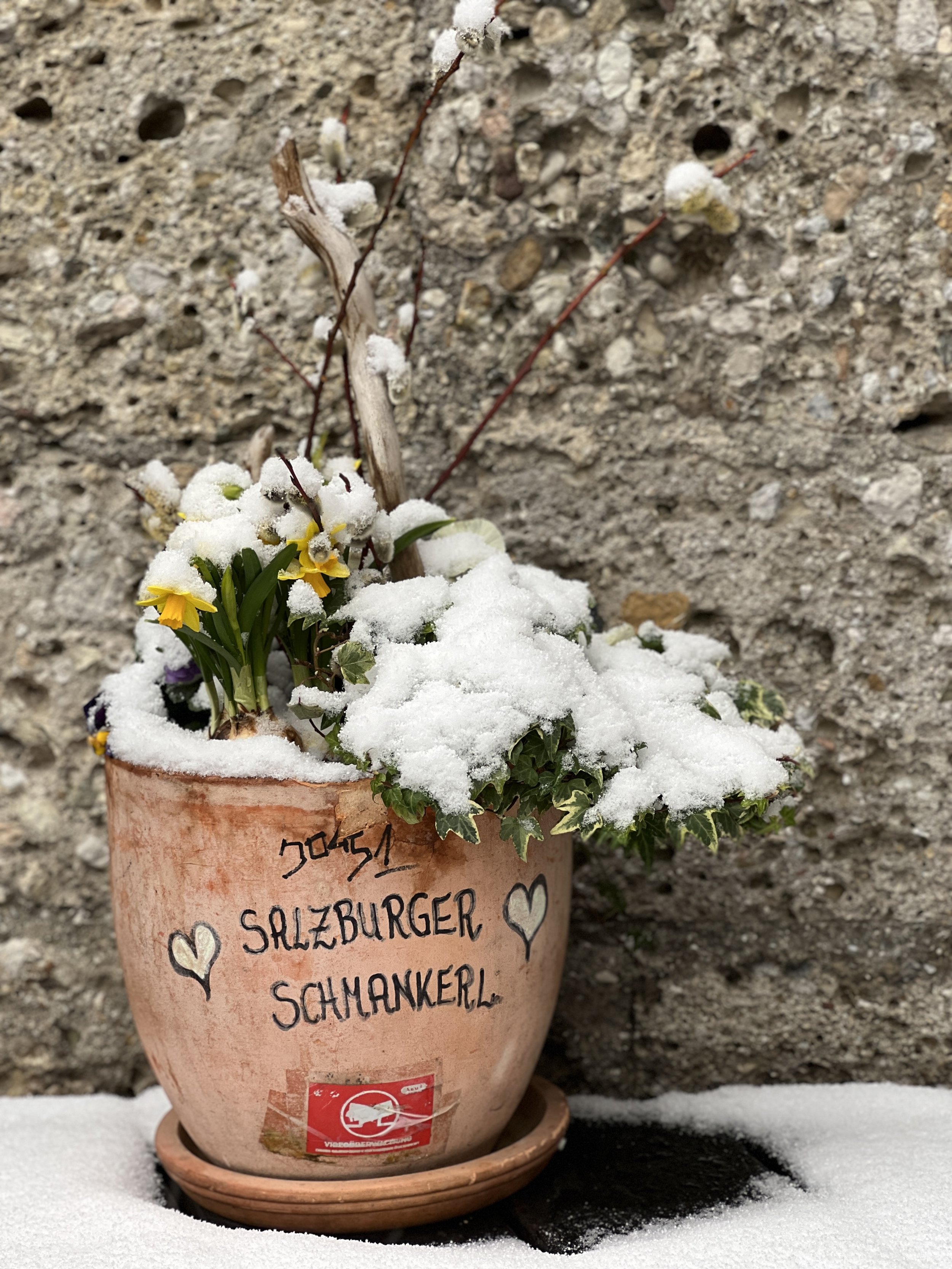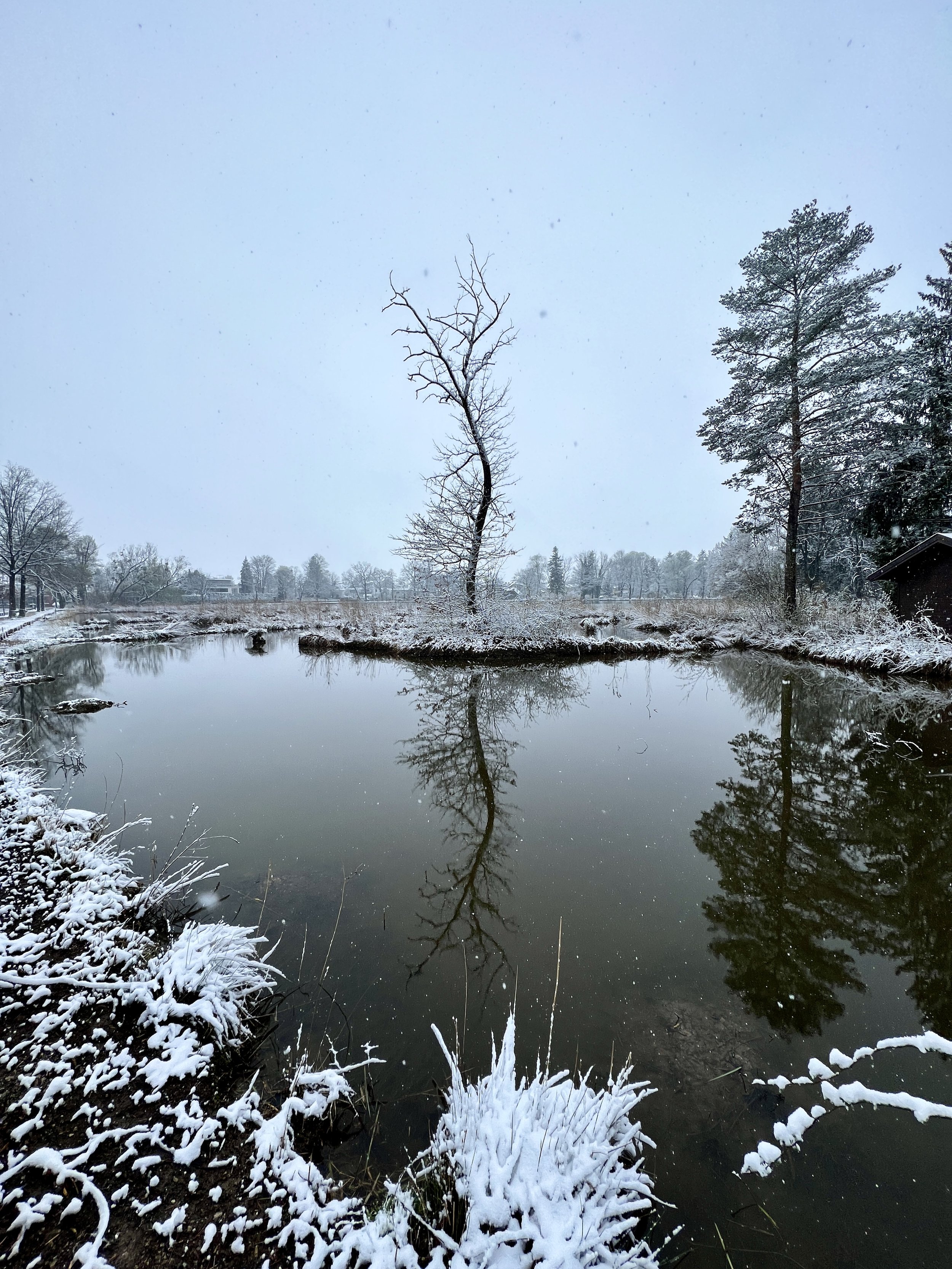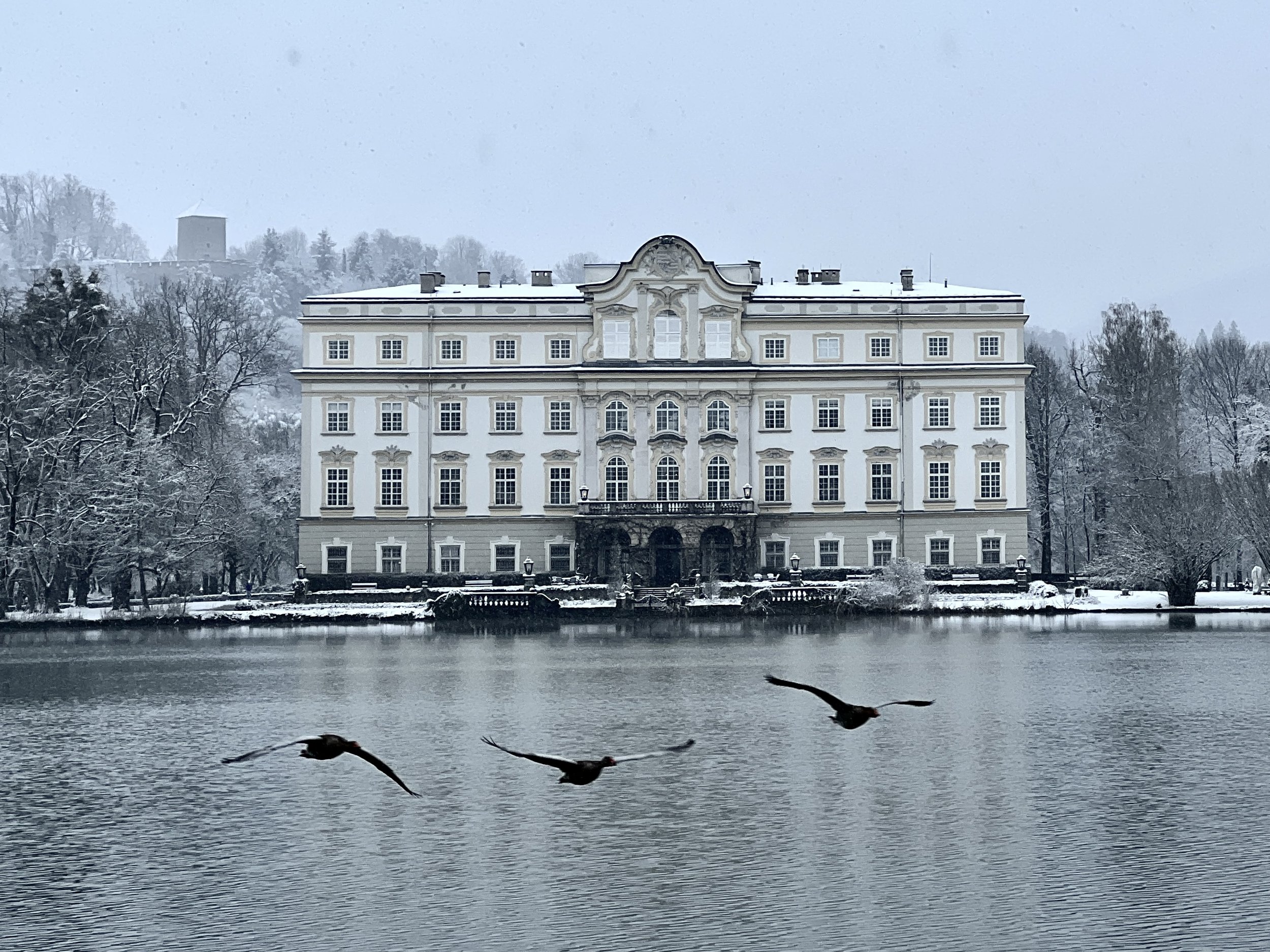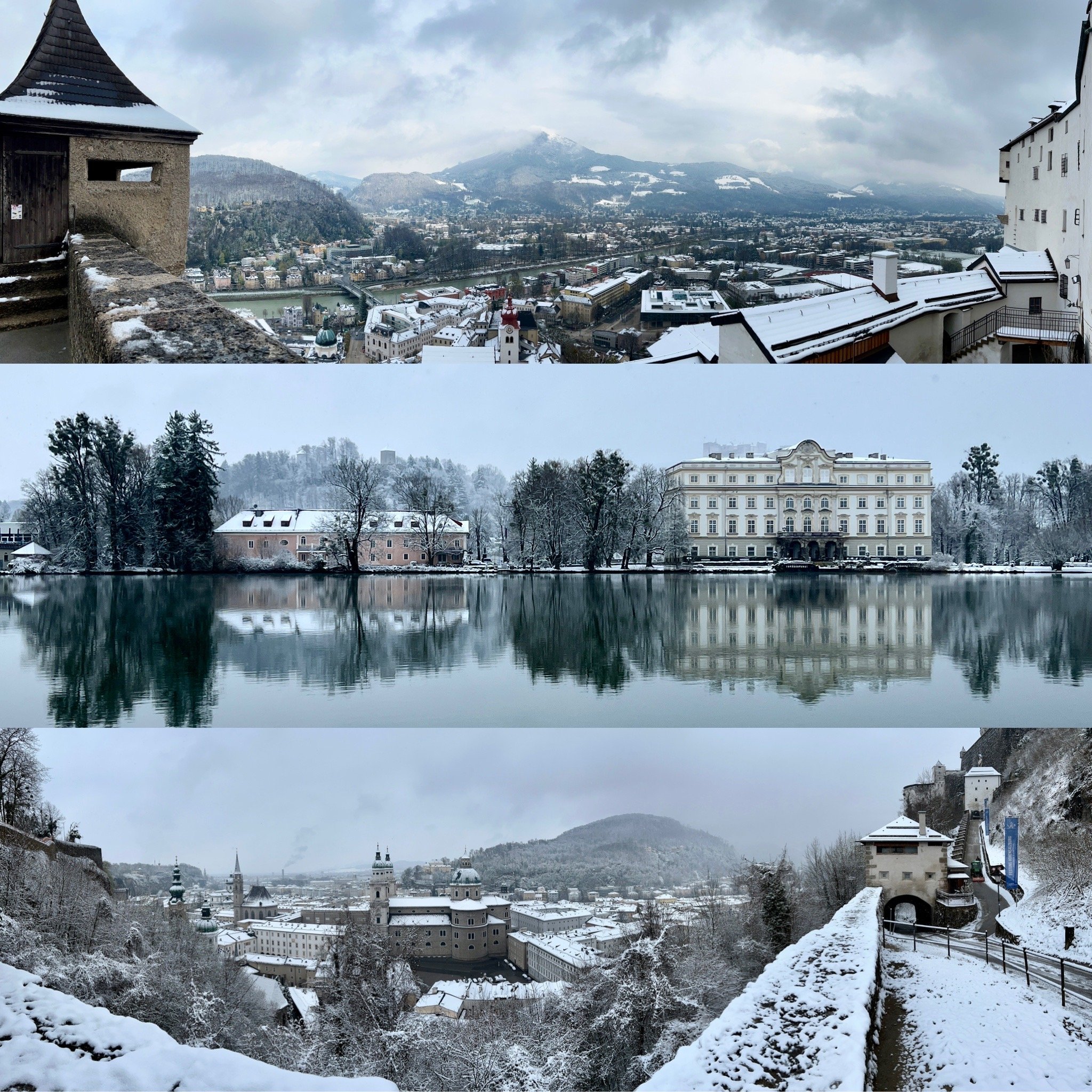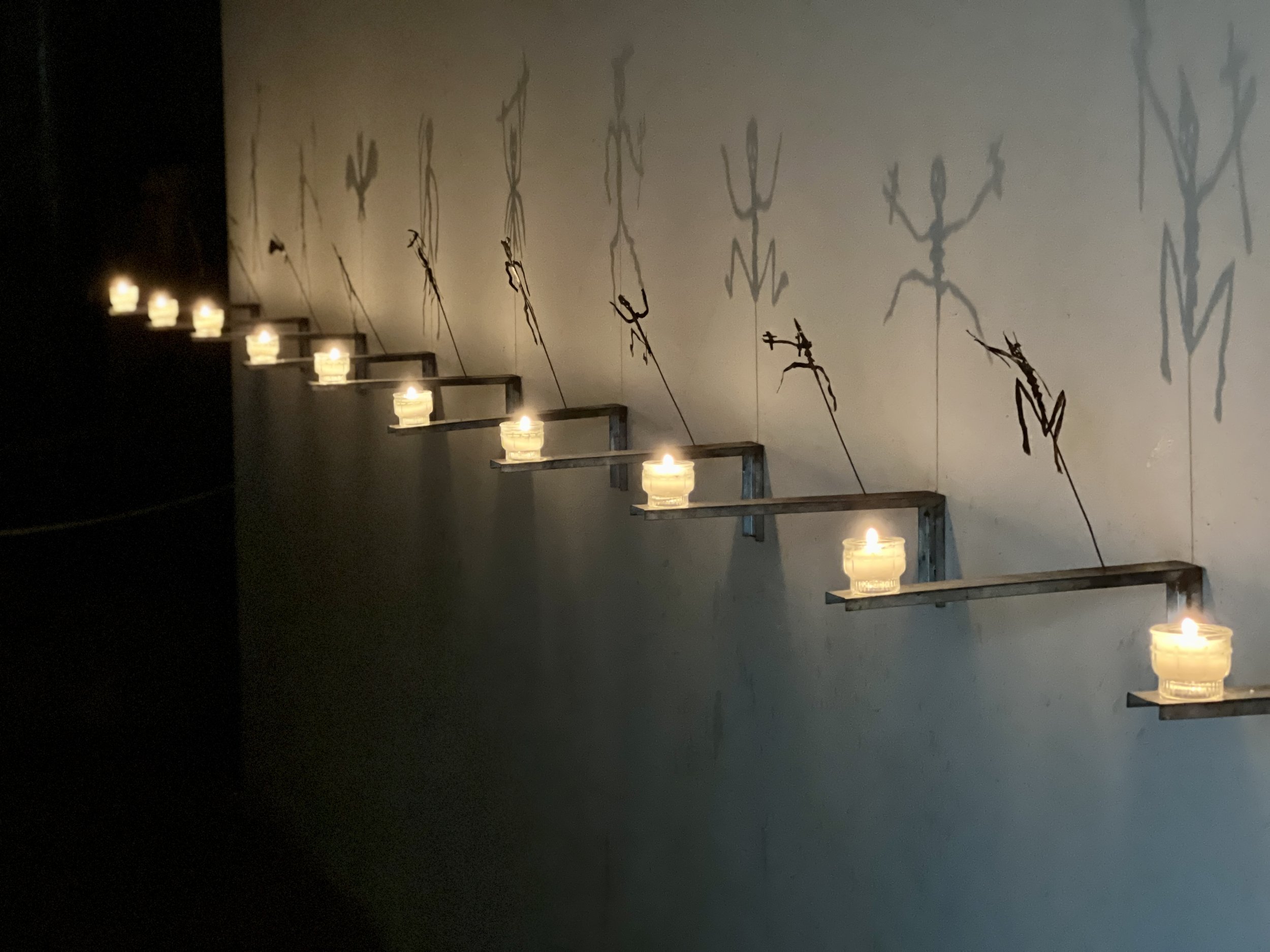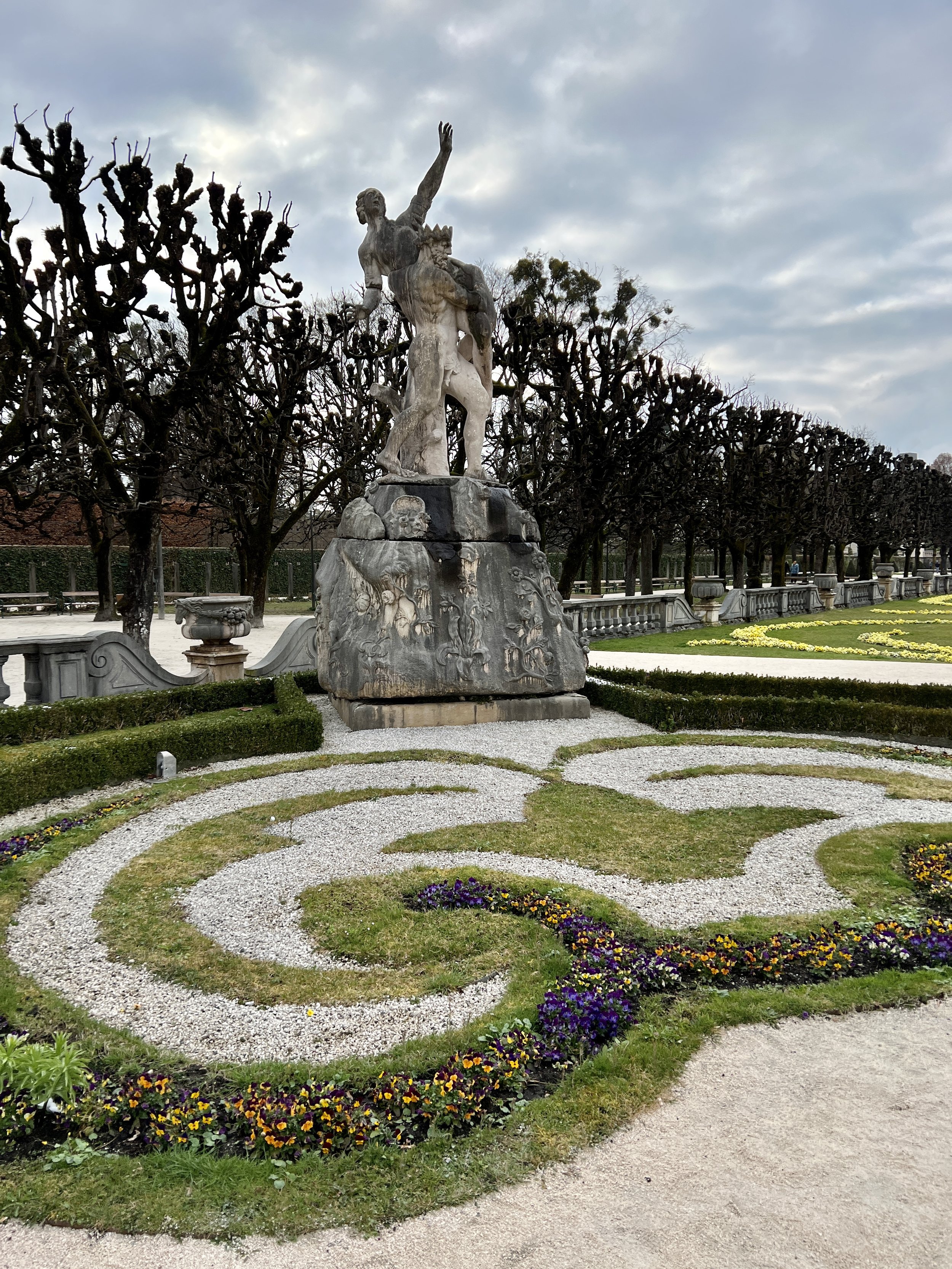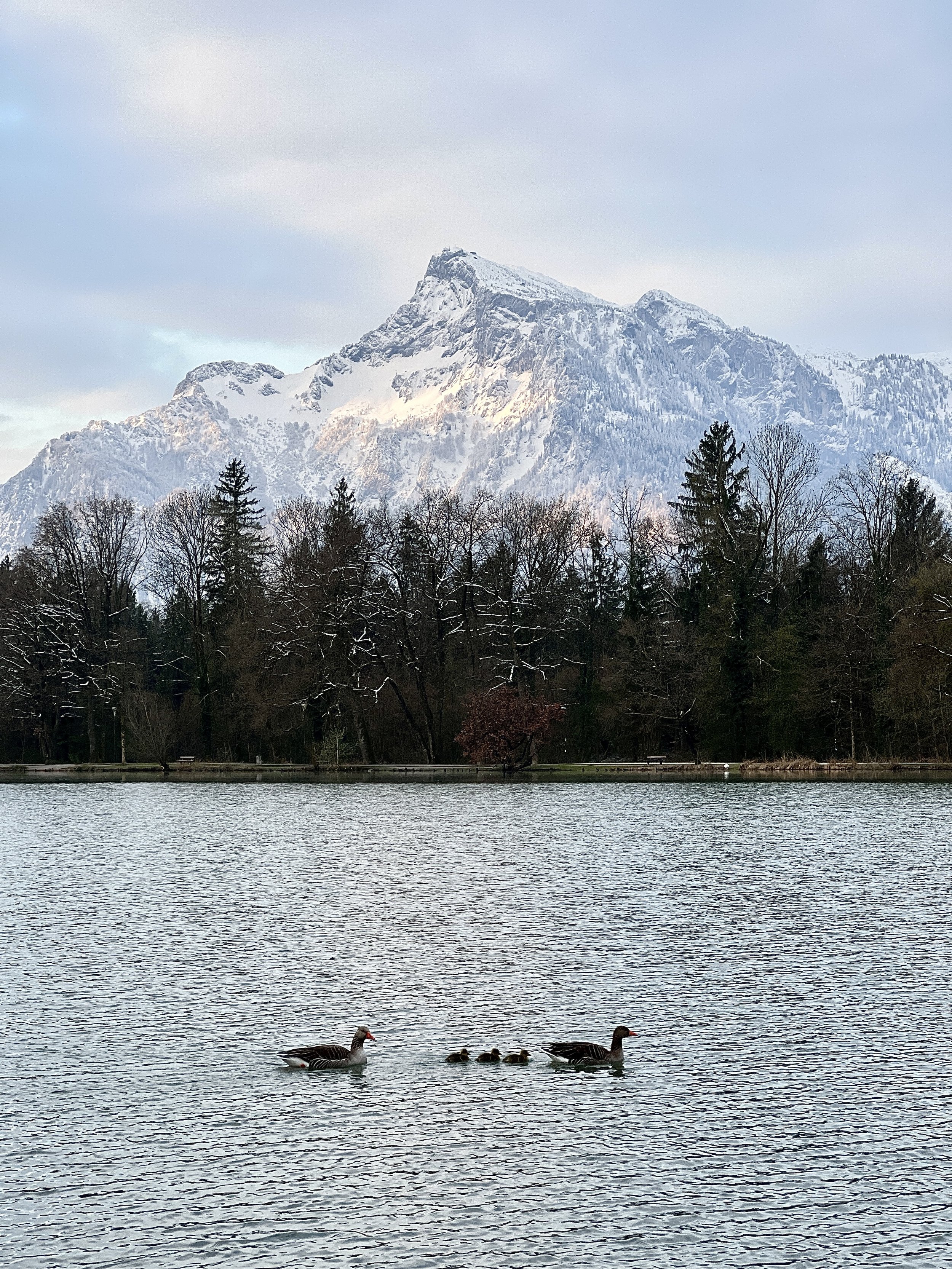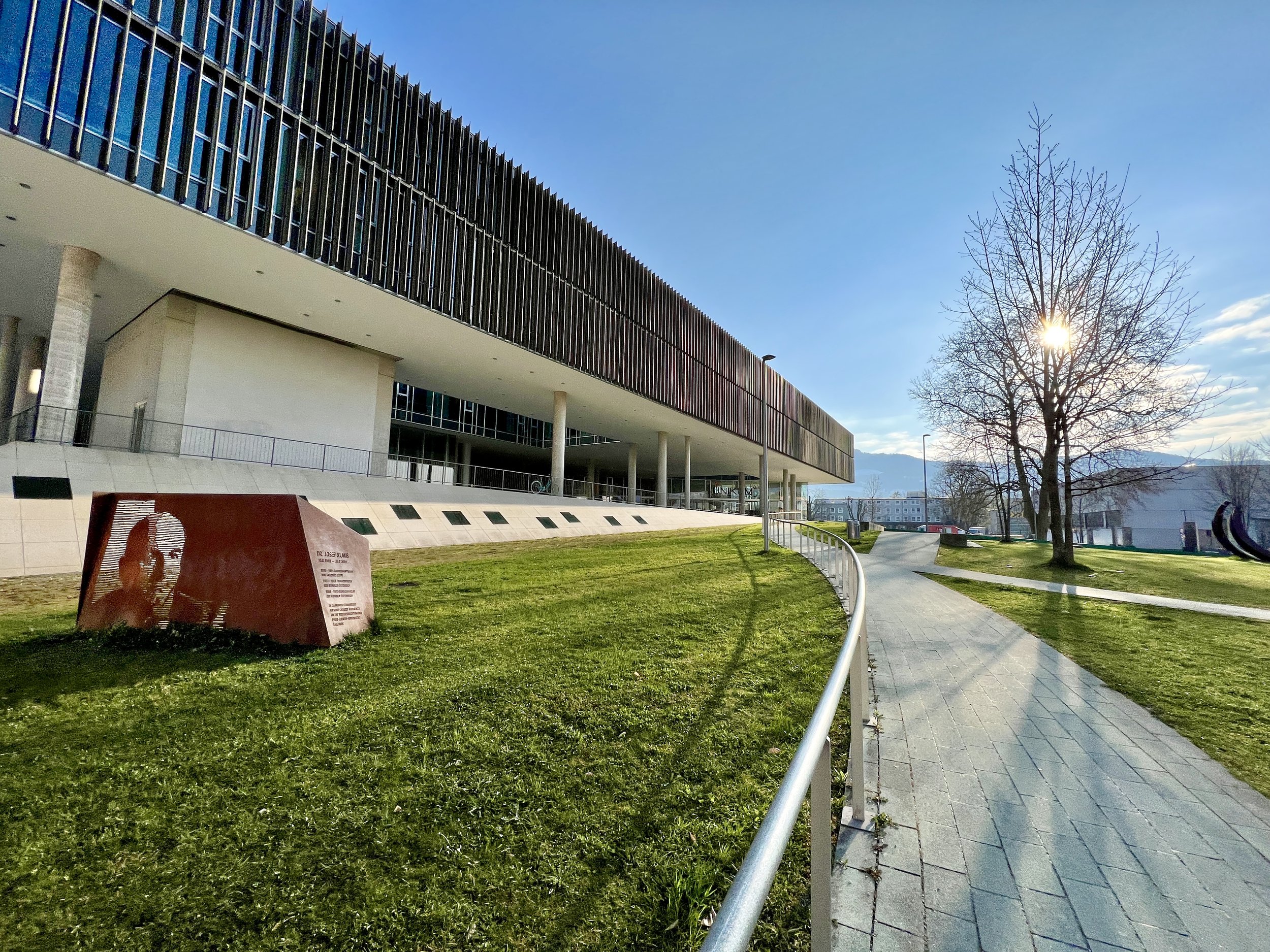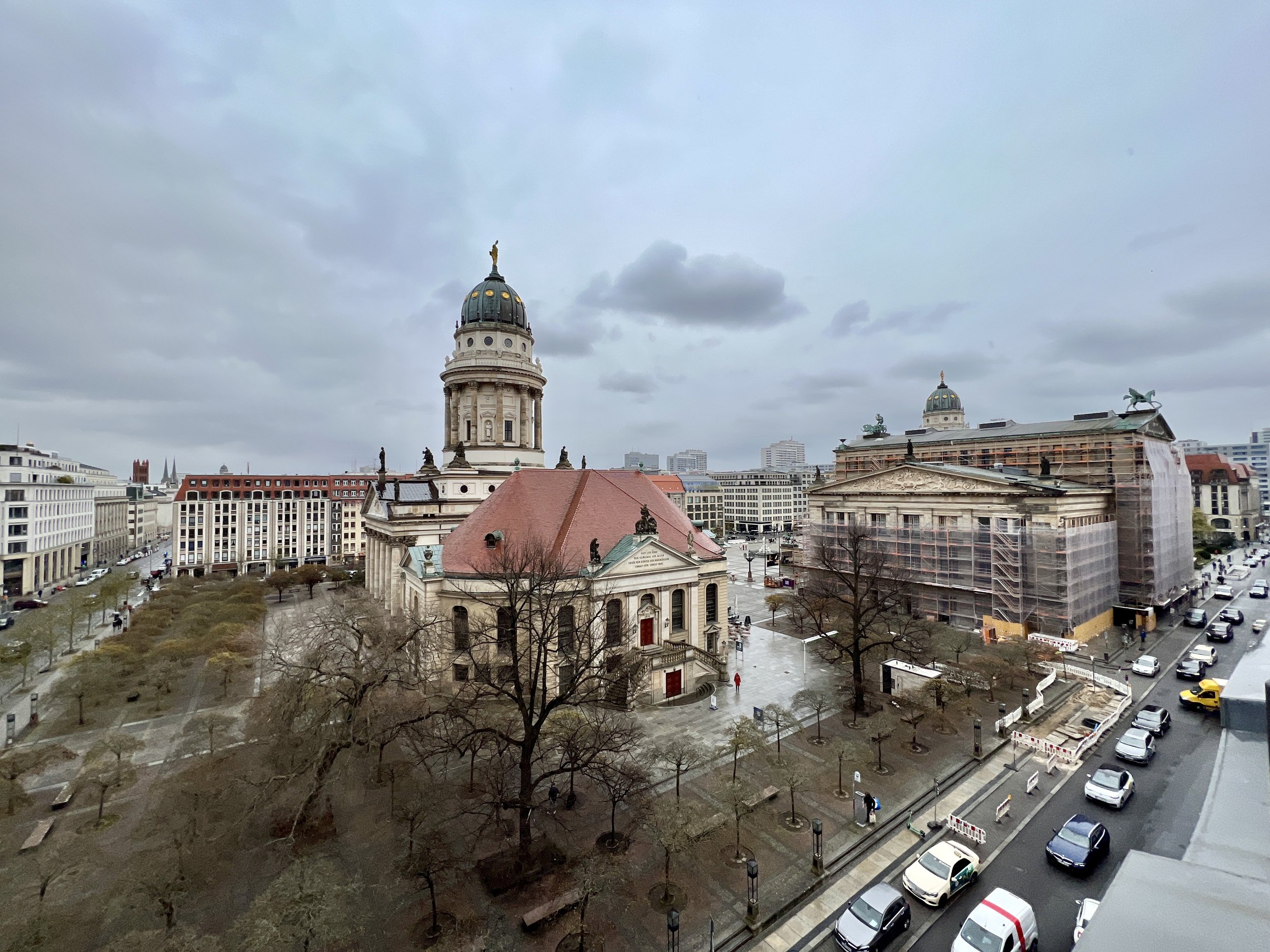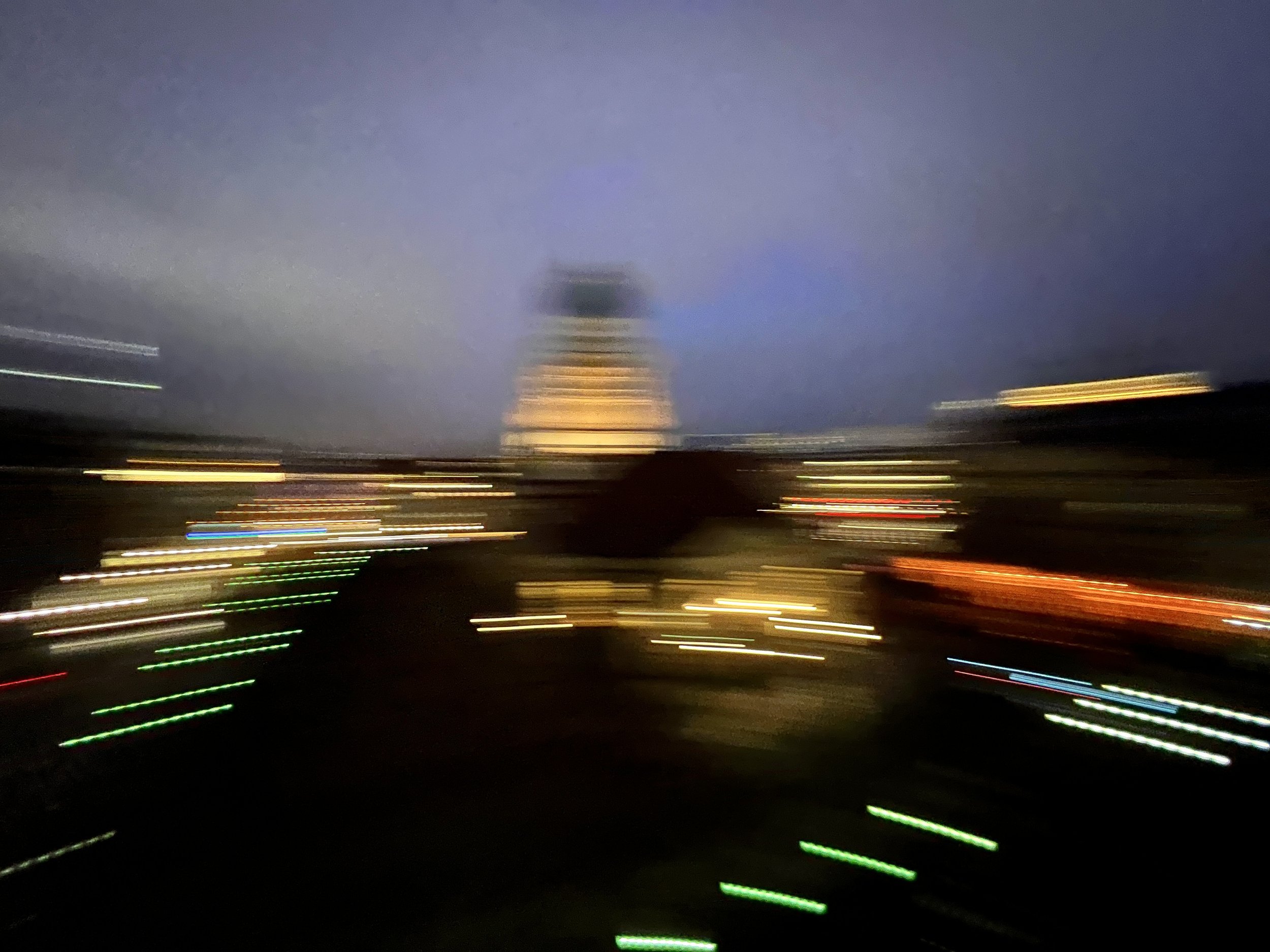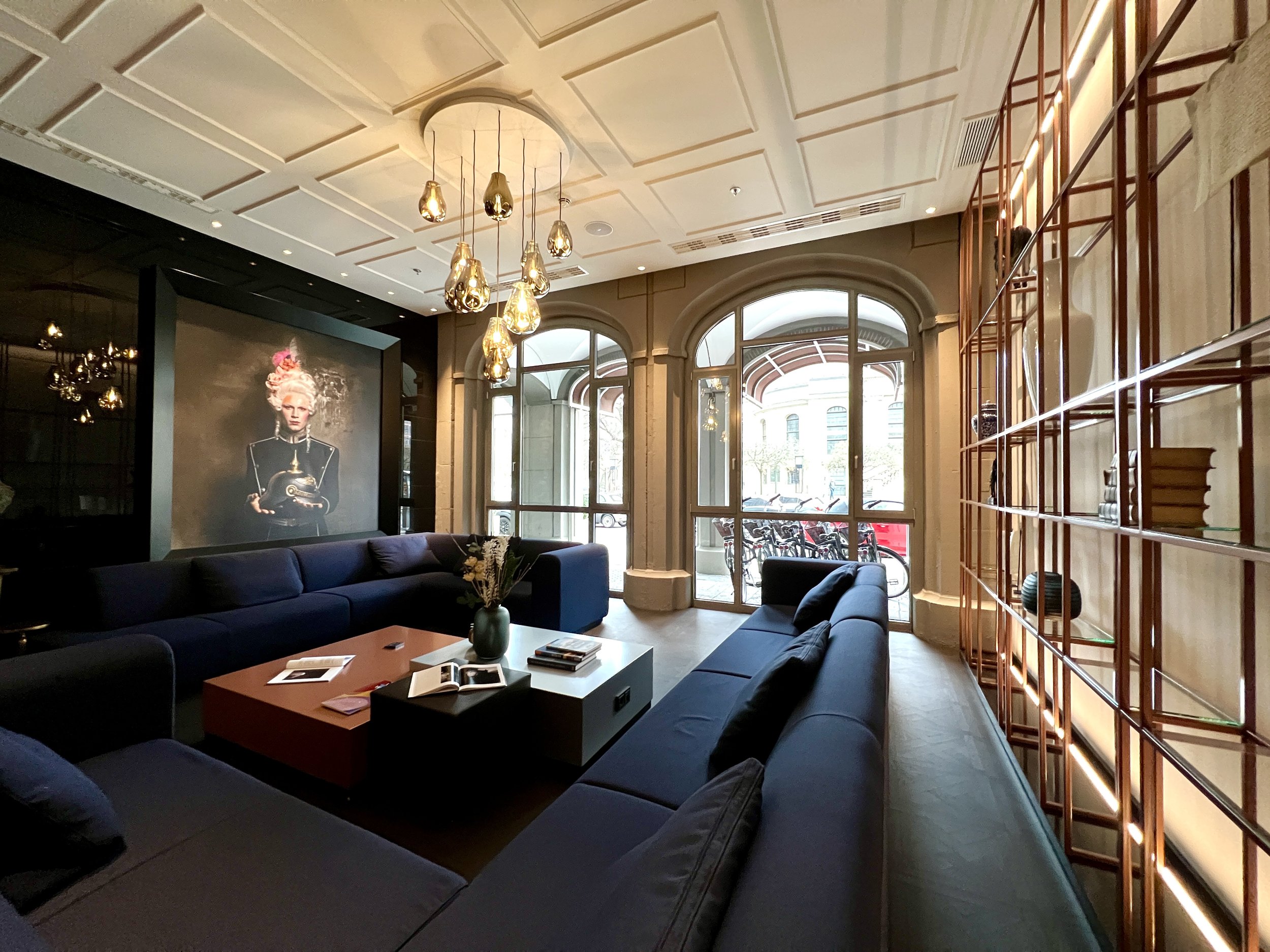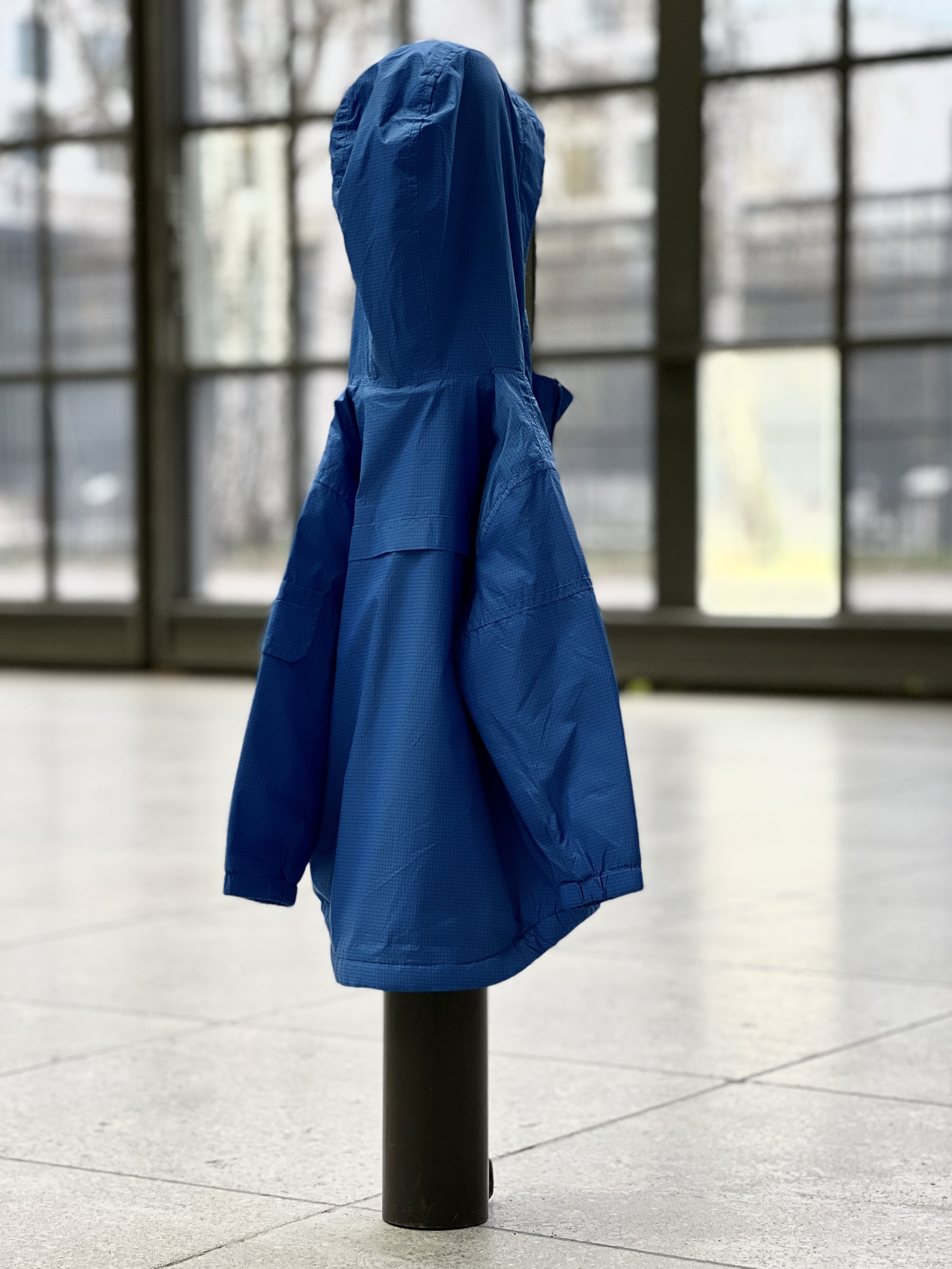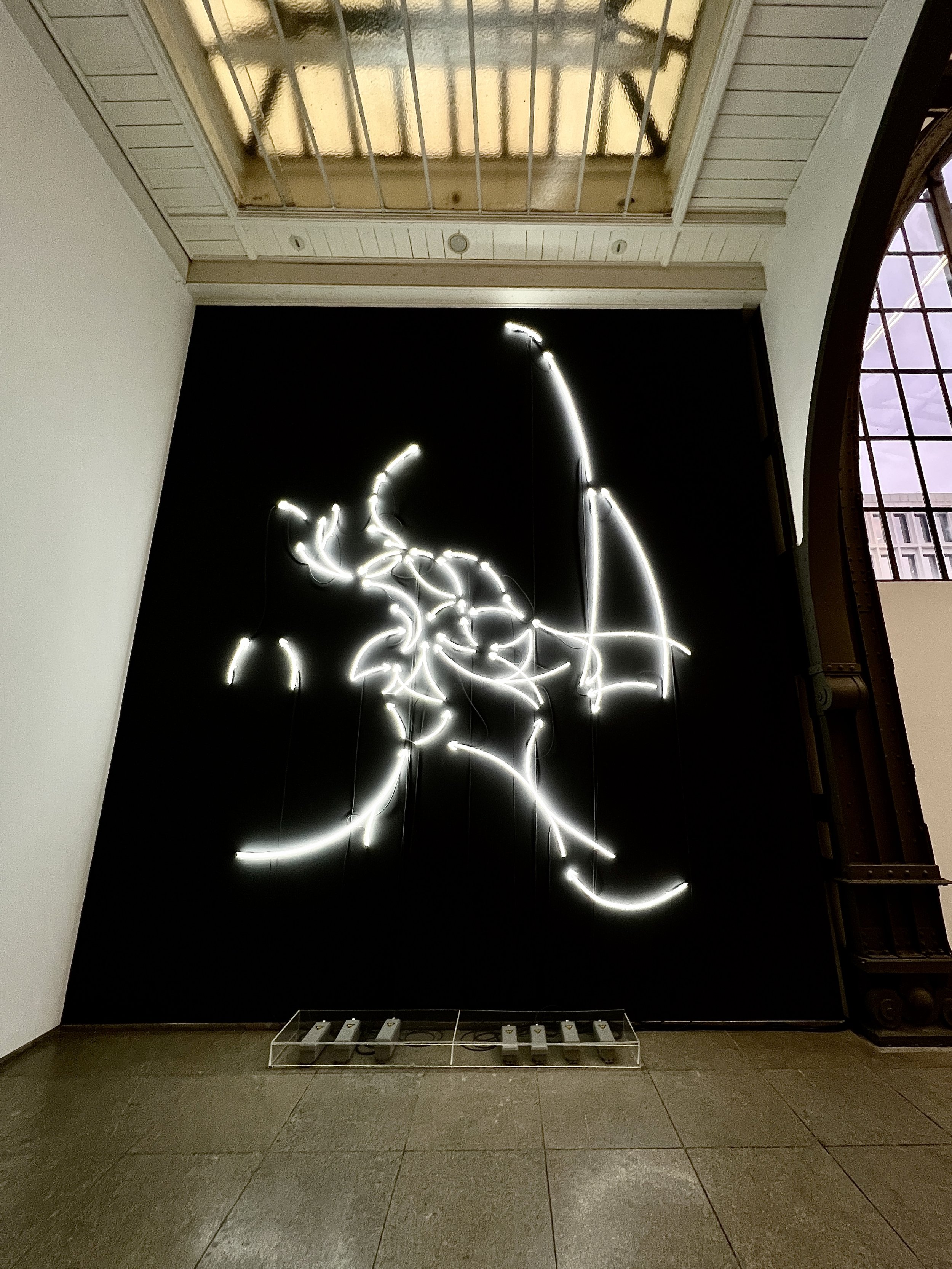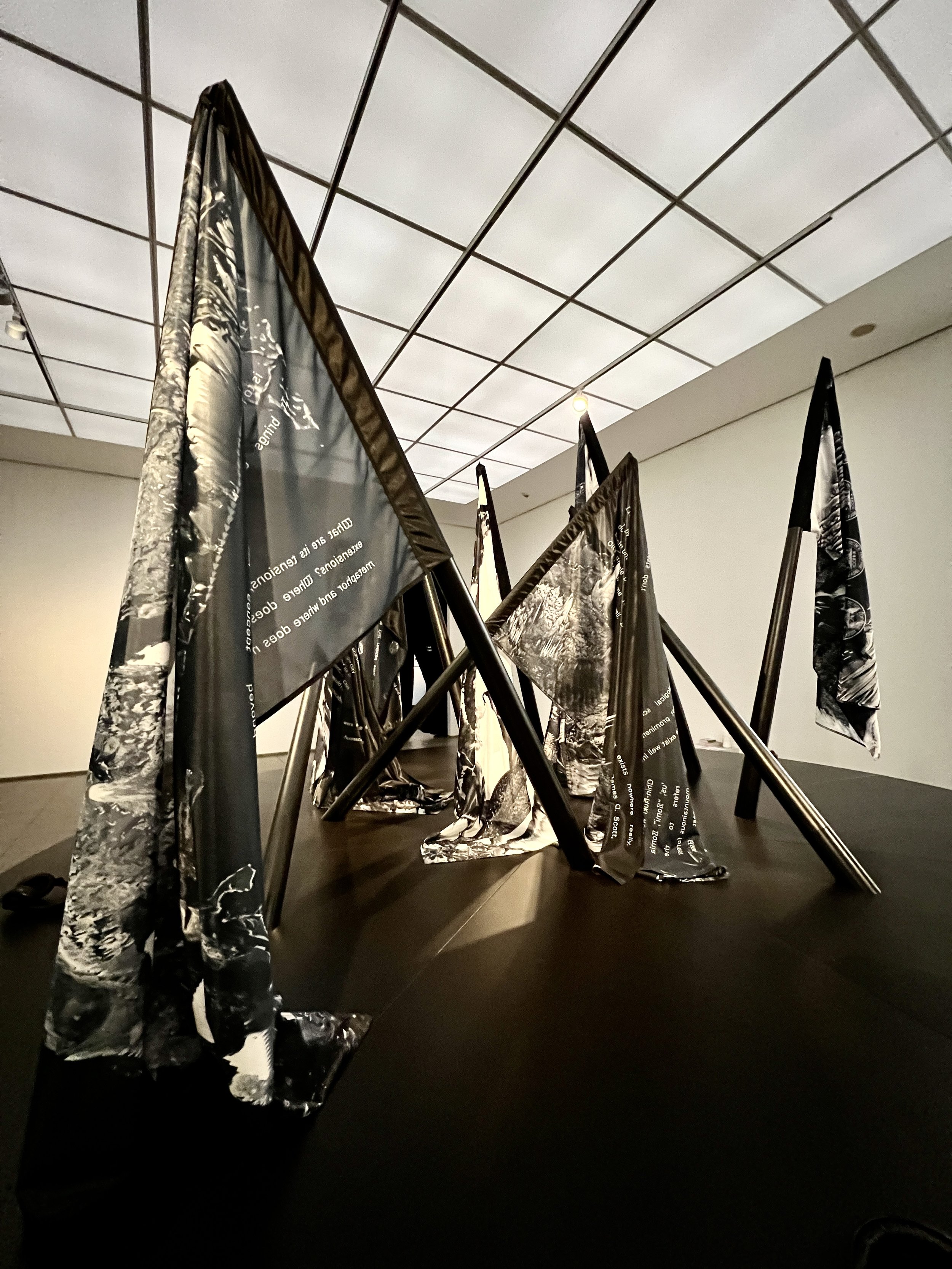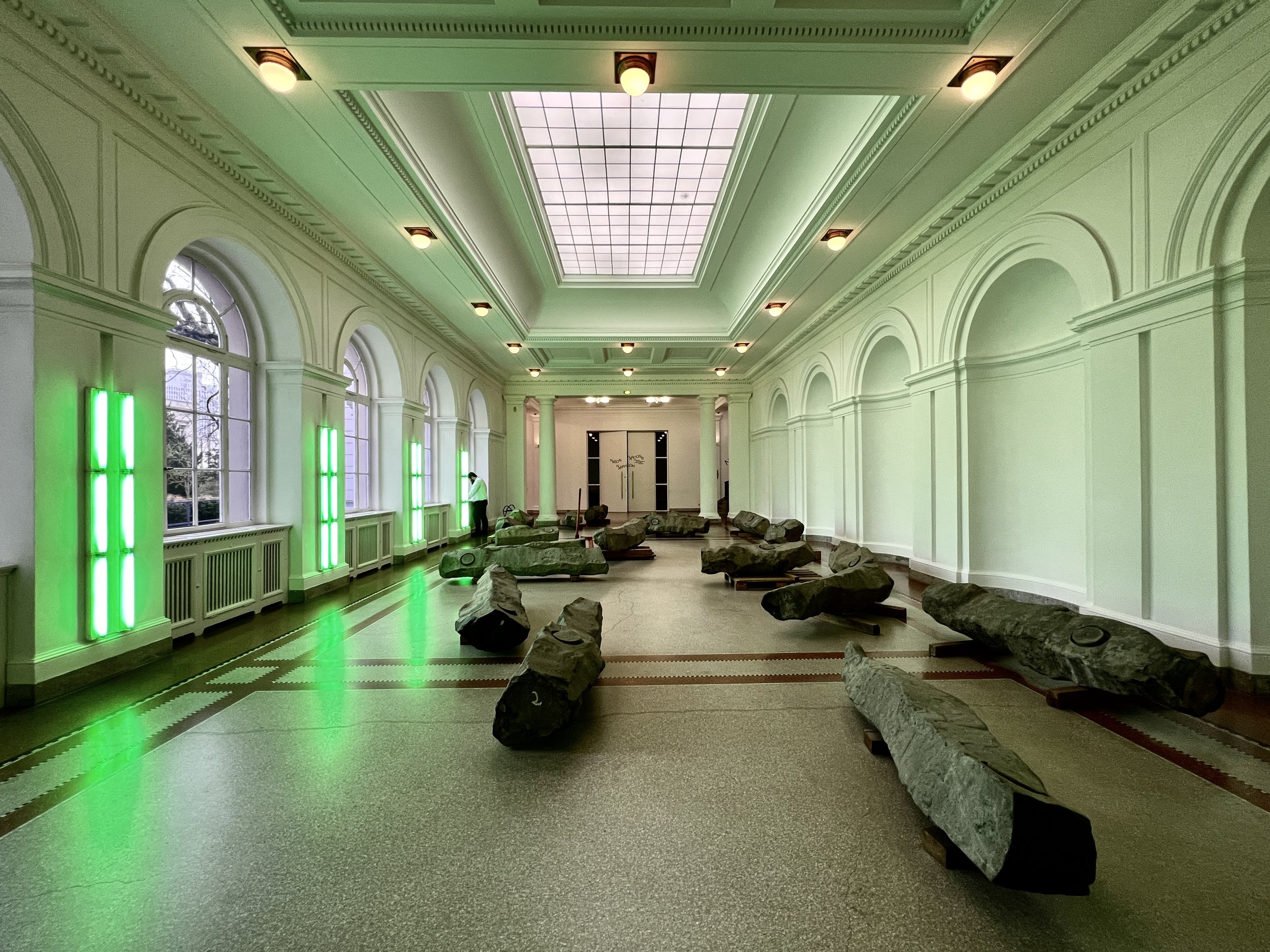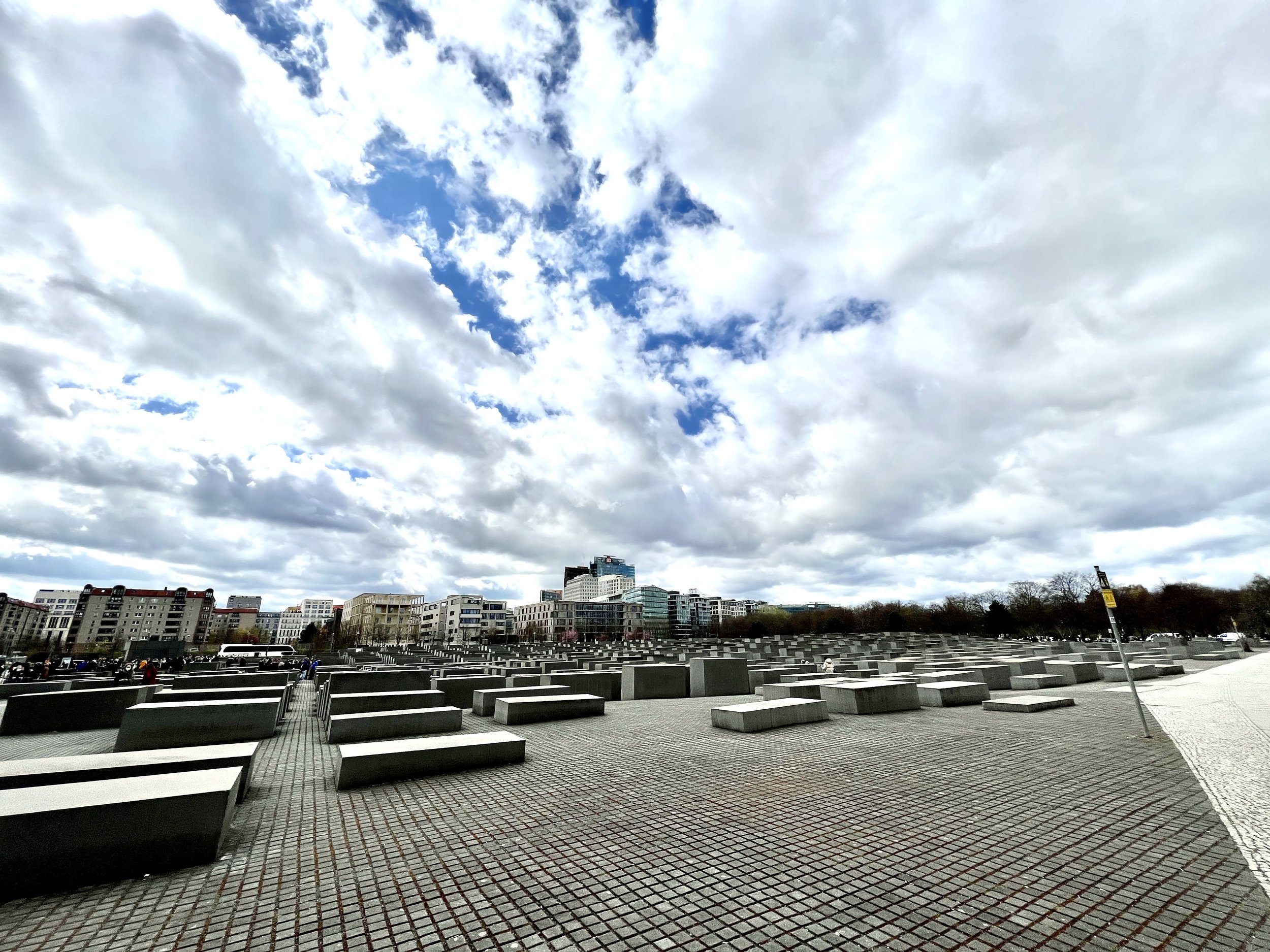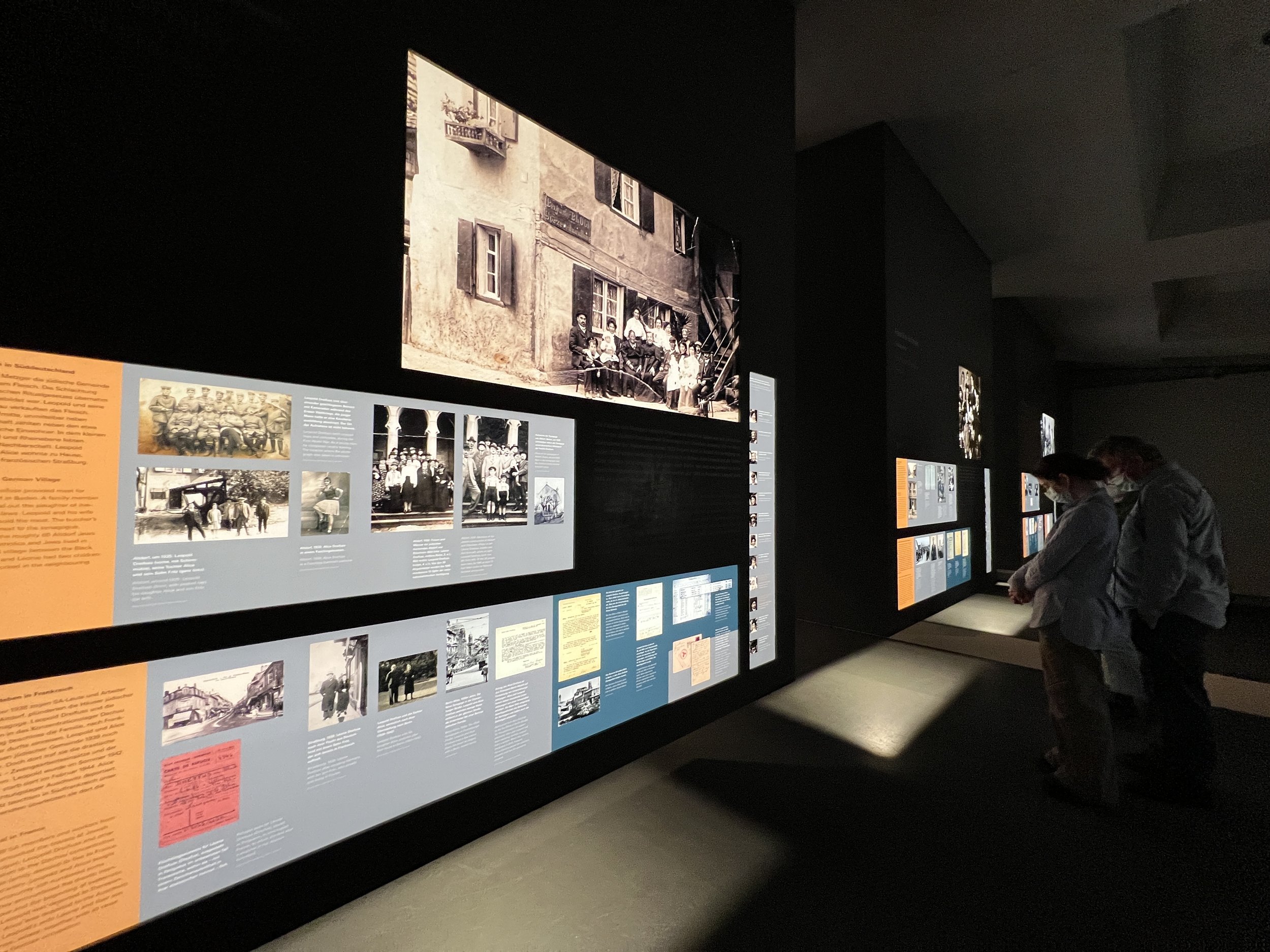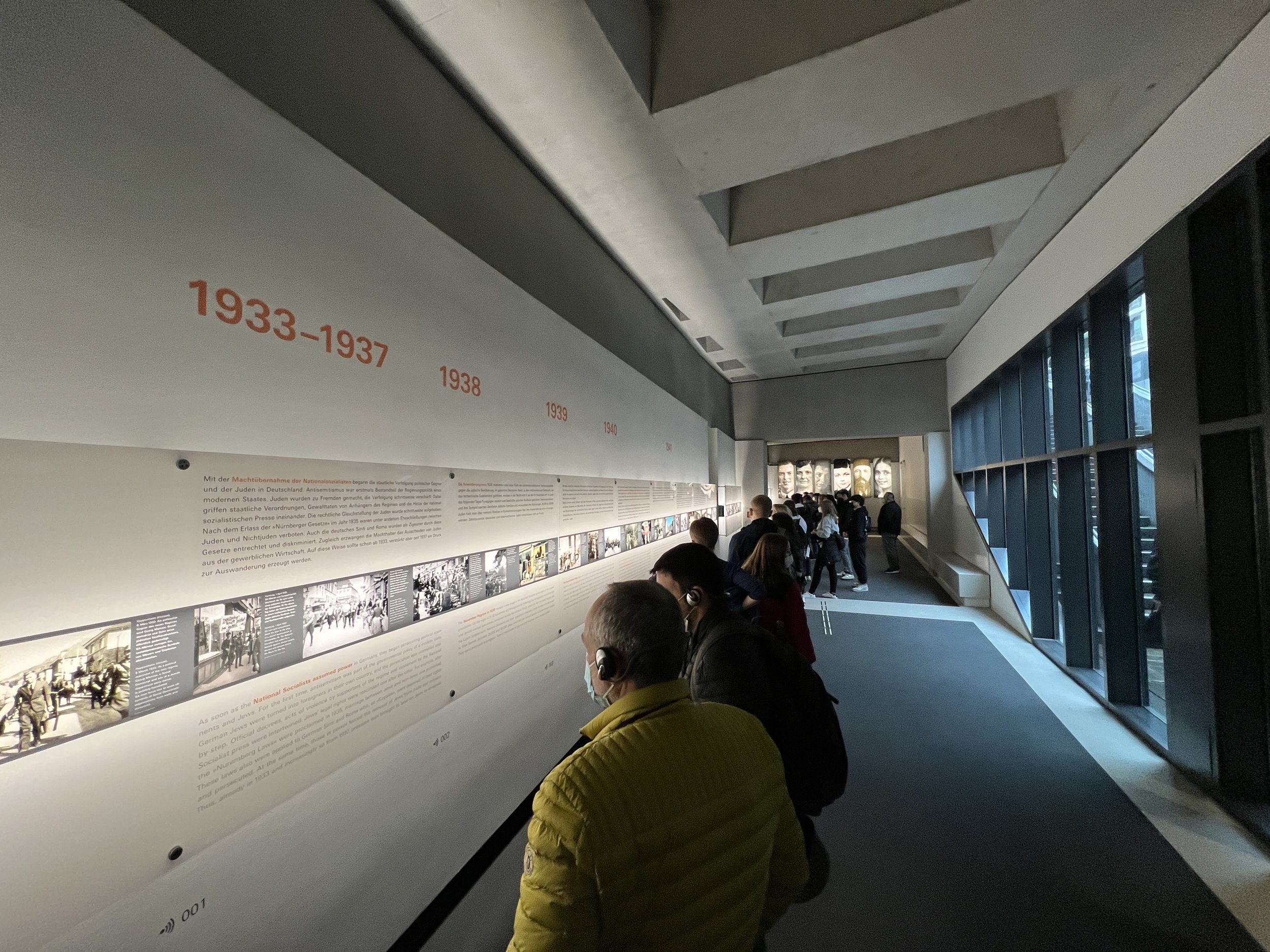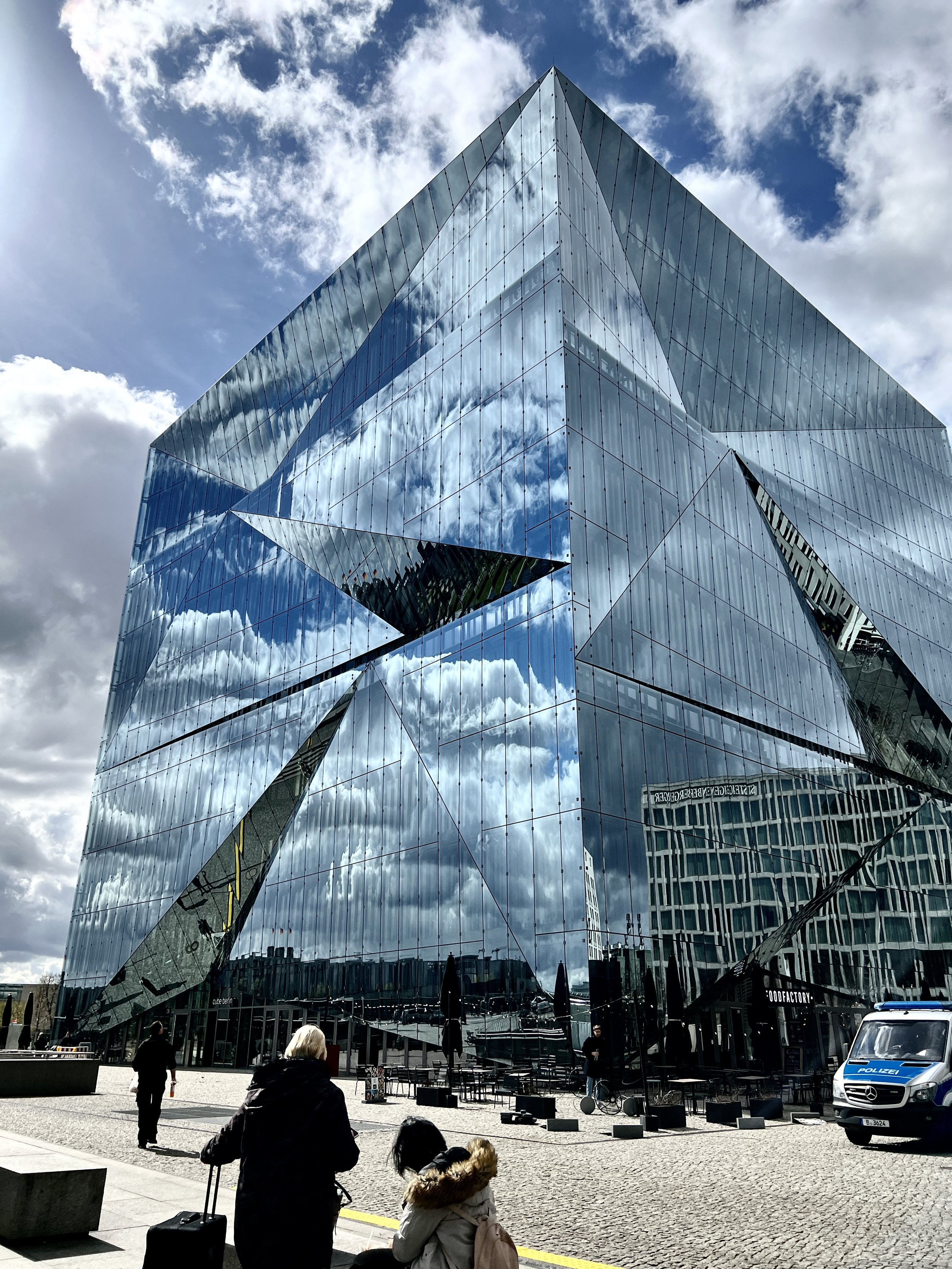Covering at Work and Uncovering Your Value is the first episode in a multi-part series I've created for the Inclusion Catalyst podcast.
Below is a condensed summary of the episode.
Click here to listen to the full episode or download it wherever you get your podcasts.
Episode 1:
Today, we're going to delve into the topic of covering through my personal story and interviews I've conducted over the past few years. What I want you to leave with is an understanding of what covering is, its impact and how it can trigger coping strategies and even lead to burnout. I want you to see how these elements intersected with COVID-19 and the socio political environment over the past few years touching every person. And, to consider the opportunity we have now to imagine new ways of working, and how we can impact people's sense of belonging and develop meaningful, trusting cultures for the future of work.
When I was in my early 20s. my now husband Theo and I started a nonprofit IDEAS xLab in Louisville, Kentucky. I started wearing makeup my senior year of high school and wear a mix of men's and women's clothing. For years, I looked in the mirror and saw a beautiful man. But I didn't think that man could step into the workplace and be respected and taken seriously the way he wanted to present. There was a fear that being too gay might limit our funding options, might limit who would partner with us, maybe even what communities engaged with us. There was an internal message of ‘tone it down, that isn't professional.’ So instead of platform shoes in a tunic, I'd wear a blazer and wingtips. Instead of eyeshadow and earrings small flourishes like a custom bow tie at the beginning.
You don't necessarily notice the toll it takes when you cover - when you downplay, hide, or filter parts of yourself at work, with different social groups, at school, or with family.
But over time, the evidence becomes visible. A few years in and I could feel the impact covering was having on me. Mentally, I was depleted and I wasn't enjoying our work like I could because it wasn't me doing the work. It was a watered down and assimilated version of myself. My creativity, my leadership, and even my health were all being impacted. Coping mechanisms, including drinking large quantities of alcohol had gotten a firm hold in my life.
I can remember a day when I took a mental inventory, asking why I wasn't feeling fulfilled. Why I felt so depleted. I didn't have the words for it at the time, but covering was the primary culprit. The question was, ‘Was it worth it?’ And, it's a privilege to lead an organization and to decide overnight to start presenting differently. I started slowly switching in scarves for ties and remembering the joy I felt expressing myself through makeup. One thing I'd always wanted to do was grow my hair out, and I hadn't because I knew it would further contribute to me being misgendered - called ma'am instead of sir. But I took that step too. And I could talk for days about how often I get misgendered - from airports to bathrooms and restaurants. But we'll save that for another time.
For the past few years, I've been showing up as a far more authentic version of myself. And it's one of those things that will continue to evolve over time, the more I'm able to rewrite outdated mental models about what it means to be a man and what it means to be a professional. My colleague at IDEAS xLab, Hannah Drake says in one of her poems that, “Someone is waiting for you to be all that you can be, so that they can be all that they were destined to be.” And those words always stick with me. That's part of my why - the possibility of what can be unleashed within ourselves and with others.
I was introduced to the concept of covering through Deloitte’s Uncovering Talent report, where more than 3000 corporate professionals were surveyed. I'd heard of code switching - most often used to describe how people adjust the way they talk or how they present with one group versus another to make people feel comfortable. And the concept of covering was even broader, and that's what the report delved into.
Through Deloitte’s report, work by UCLA Williams Institute and others, along with the interviews and work I've done over the past few years.
I've heard examples from straight White men, Black and women of color, LGBTQ+ folks, people with disabilities, and more who have all covered. It could be changing how you dress or style your hair, intentionally not mentioning a same sex partner, a disability, your age, that you grew up in poverty, a divorce.
Those are a few examples. Covering is something that touches every group in one way or another, and the implications for that are huge. So why do we cover? Safety and self-protection could be one reason, the fear of being fired, or not getting a promotion, cultural norms of the groups we are a part of, limiting mental models and stereotypes about specific groups or types of people or identities.
For me, it was a mix of cultural norms about being a professional in Kentucky. It was limited mental models about what it looks like to be a man. And it was fear - not of being fired - but of people being unwilling to work with us and value our contributions and expertise. Over the years, there was an external message and internal ones too - all encouraging me to downplay or hide parts of who I was, in one way or another. In early 2020, a month before the pandemic disrupted life as we knew it, I did a live stream series of interviews called Uncovering. Once COVID-19 struck, the conversation went virtual.
I'm going to share a few excerpts from those conversations where my guests talked about the different ways covering presented for them in different parts of their lives. [Quotes have been condensed for the written summary]
First up is Erik Eaker, formerly with Humana and now with Let's Get Checked, who talked about how covering presented for him as a gay man in the corporate environment.
Erik: When I first got into the corporate sector, over 20 years ago, I wasn't out at work. I had the behaviors that I learned over time around trying to be as conservative as possible. Trying to fit in - not talking about things that were really personal to me, not talking about relationships that I had. And even doing things behaviorally like lowering my voice and being really careful about the way I walk and talk. It's really debilitating. As I entered the corporate sector, thinking that I had to cover or hide something about myself that was my true self. Those behaviors over time become who you are. But I think there's still a level of discomfort with that, because you still feel like there's something going on.
When I joined Humana19 years ago, I was luckily out to the person who brought me into the company. And he put me on the stage immediately as being a gay male. I was introduced to the Diversity Committee and then started serving in an Inclusion & Diversity capacity for the company representing LGBTQ+. And that really helped me start to shed some of those behaviors and coverings that I developed over time. But they still show up from time to time. And I think one of the latest coverings that I'm conscious of and still have not shed is that one around being legitimate through marriage. And so as I've learned, over the past few weeks, I've been thinking deeply about this wearing a wedding band. Sometimes I put it on in certain instances, because I feel like that will make me more accepted that I am a legitimate member of this society because I can get married and I can wear a band.
Kristina Newman-Scott joined me for a virtual conversation during the early days of the pandemic, while working at home with her family. Kristina was leading BRIC in Brooklyn at the time, and now leads The Greene Space in New York City and talked about her experience with covering, especially coming from another country and another culture.
Kristina: There was a shift when I moved from Jamaica to the United States. In my experiences the idea of professionalism is very much this construct that you aren't professional if you don't behave a certain way, speak a certain way, look a certain way - you don't kind of assimilate to the kind of power structures and dynamics that are at play when they think of something like professionalism…
It was harder for me when I moved to America, especially as a woman of color. I felt more like I couldn't be my complete and authentic self because I was striving to be accepted, you know what I mean.
Well, I'll give an example of when I moved to the States. It was interesting when I was in meetings, and I've always worked in the arts, right? And I think one of the things that I noticed as I continued to grow in my career was that when I wore my hair curly, the reception that I received from the people or the meetings that I went to, was a completely different one than when my hair was straight. My mother is Southeast Asian, she was born in Jamaica, but she's Southeast Asian. And when my hair is straight, I read much more Southeast Asian than Black. When my hair is curly, much more Black. Right? So it's been interesting for me to just take notice of that, and I have to say that, I'm definitely guilty of strategically blow drying my hair, for certain meetings.
Jason Jones, disability specialist with University of Kentucky's Human Development Institute, talked about his experience with covering.
Jason: It was something that has sort of ebb and flowed over the years. I know, early on, I didn't want anybody to think of me as different. So I would not associate with any other people that had disabilities. I remember, I lived in Somerset, and there was a group on there that had a lot of people with intellectual disabilities. And you know, we would go to the movie theater, and they would have a bunch of people there. And I didn't want to be associated with that, I didn't want people to think just because I was in a wheelchair, that I had an intellectual disability, and that's a horrible thing for me to think now. You gotta remember that I was 15 when I got hurt. So you know, I was still dealing with a lot of those rites of passage, and, kind of trying to figure out who you are, and all that kind of stuff. So, it was a little different. But you know, over the years, I have really come to super appreciate having those outlets to talk to other people that are going through the same thing you're going through.
I don't spend much of my day every day thinking about disability, I think about what we can do what I need to do with my, you know, I have a wife and two, two sons, and you know, we try to live life like everybody else. But I think a lot of the ways that people, especially when you have an obvious disability like me, I mean, I'm not gonna hide my disability. But there are a lot of aspects of my disability I can hide, you know, I think that affected me in dating a lot of time. I didn't want to let somebody get too close to know how difficult life can be, because I was afraid that would scare them away. And then sometimes when they would get too close, I would maybe even push them away, because I couldn't imagine them having to deal with all the things that I have to deal with on a daily basis. So depending on when you would have asked me if you'd asked me the same question about covering, 10 years ago might have been a little different today and I don't know if it's an adjustment thing or a maturity thing or what it is? But now I don't tend to cover as much.
One of my most recent conversations was with Senator Cynthia Mendes's for my Uncovering Your Value newsletter, she talks about how covering was present in her life and how it impacted relationships and those she serves with in the Senate.
Like I said, I was lucky enough to not get an office alone. I went in with a lot of amazing people and found over the time that we all covered and protected ourselves in our own way that cause disconnection among us, even though we knew and said that the thing that was keeping us going, and the thing that kept us safe, was our connection. And yet, I think we all - because of the stress of it - and of being in that environment and having to cover in different ways that caused isolation. And in moments of vulnerability, almost every single person that I have been in politics with, over the past few years that I've had relationships with expressed a level of burnout, isolation, depression, anxiety, in ways that we have not experienced before.
And I heard a phrase this week that really captured what the through line was. Someone mentioned asking people to bring themselves into compromised spaces. And we are in one of the most compromising spaces - that was not built for us, was not designed for us to be there. The way that we present in the world, the way that we conduct ourselves in the world… knowing that they're going through their own thing, but also not knowing where they are anymore. So not only losing ourselves but losing our sense of where each other are. And knowing that other people are stressed out, and you can't get to them because they're protecting themselves as well.
Just like their stories demonstrate, covering presents in many ways and can impact each of us differently.
It makes me wonder, have you ever covered? Have you downplayed, hidden or filtered parts of yourself at work? Maybe with different social groups, at school or with your family.
Can you think of examples of how covering is present in your life now, and how it's impacted you?
Like you may have noticed through those examples in my story, when you're covering for whatever reason, it's another form of mental work. It's a constraint on your capacity, and there's a cost. Covering can impact everything from innovation to productivity and ethical decision making. It can change how you lead and impact the health of your workforce.
Click here to listen to the full episode including more on how covering can impact coping and burnout.
I hope you'll join me in creating an uncovering movement to shift what it means to be a professional in your workplace, and a human living authentically.
If you're interested in learning more about the topic of covering, delving into my Uncovering Your Value newsletter or getting in touch to share your story or about public speaking, visit joshmiller.ventures or connect with me - Josh Miller - on LinkedIn.
You can find more episodes of the Inclusion Catalyst podcast across platforms and by visiting inclusioncatalyst.com
I can't wait to see where this journey takes you and hope these conversations inspire you to take bold steps to explore new frontiers, and to create a more inclusive world through action.












